
by Mx. Kris Vyas-Myall
A French Experiment
At Galactic Journey, we've devoted a great deal of space to, well, space — documenting each of the launches and satellite missions beyond Earth's atmosphere. But an equally exciting and unexplored frontier is the world's oceans. There is even some cross-over; this month, Mercury astronaut Scott Carpenter left NASA to become an aquanaut and undertake missions beneath the waves.
This pioneering of the water frontier is an international effort. Famed French Ocean explorer Cmdr. Jacques Cousteau has been conducting a series of underwater experiments to see if humans can live in under sea habitations.

In 1962 Conshelf I was setup ten metres down off the coast of Marseilles, where a selection of "Oceanauts" lived underwater for a week. The experiment was successful enough to warrant moving on to the next stage.

In 1963 Conshelf II was a more ambitious project supporting a crew living at the bottom of the Red Sea for an entire month. This was also successful enough to move on to the next phase.
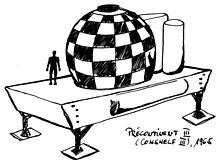
Starting in September a crew will live at an unprecedented depth of 100 metres, working on a submerged oil platform for three weeks. If this test proves successful it may well change the way we live in the years to come.
Looking to this French inspired future, it is a fortuitous time for Damon Knight to release his anthology of translated French science fiction, to see where we may be going.
13 French Science Fiction Stories ed. by Damon Knight

I am a bit of a Francophile but recent French science fiction, I must admit, has been a bit of blind spot. Whilst the more literary fiction and experimental cinema make their way over the channel, the work of science fiction writers does not. As such I was delighted to see Damon Knight, who has translated a lot of French stories for F&SF), put out this collection so I could help rectify this gap in my knowledge. I also liaised with my friend and French science fiction fan, C of The Middle Shelf fanzine, for some more background information on some of these.
So, without further ado, let us get on to the stories:
Juliette by Claude F. Cheinisse
Chienisse has been publishing Science Fiction for a while, but he is primarily known as a satirist due to his work on the controversial Hari-Kiri magazine. Juliette, a story of love between a Doctor and Juliette, his sentient car, has actually passed through the Journey before: in his previous review the Traveler gave it four stars. I would not be quite so generous with my rating. Whilst sensuous I found the style a little stiff, and I would have liked the author to state more clearly that he disagrees with the concept of women as disposable objects.
A low three stars
The Blind Pilot by Charles Henneberg
All three stories in this anthology by Charles Henneberg were written by Natalie Henneberg, using her husband’s name. She has published widely and is known as the “most read” science fiction writer in France. However, she is not without controversy: some of her work has been criticized for tending towards pseudo fascist themes. Whilst this criticism can also be levelled at a number of pieces of Campbellian fiction, I think it is still important to note going in.
In the first of these stories, Jacky, an adventurer who has fallen on hard times, has to pawn his robot porter to the owner of the titular shop. In the shop there are also several mutants, and strange events begin to unfold, as we hear via Jacky’s testimony.
Henneberg is well known for her mixes of science fiction and fantasy, and this definitely fits into this category, with a futuristic take on the Siren myth. This, however, is not a fun adventure but a much darker tale.
Another story that had appeared in a previously reviewed issue of Fantasy and Science Fiction, the magazine review declared this “well-nigh unreadable”. Whilst once again finding the style odd, I didn’t find it quite as bad. The bigger problem I have is that I don’t quite get the point of it. It is neither enjoyable nor particularly meaningful. And though it has a lot of interesting elements they don’t really seem to gel well.
Two Stars
Olivia by Henri Damonti
Henri Damonti is apparently a pseudonym for a writer of children’s radio plays. He has not been anywhere near as prolific as many of the other writers in this collection and so I could find little more than what Damon Knight put in his about the authors section.
In this story, we see a married man’s last days he falls in love with his neighbor Olivia and the lengths he goes to try to be with her.
This feels like it could be the kind of critically acclaimed movie you would see at artistic film festivals. Others may love it, but I find this trite and creepy in a bad way. But I guess it's competently written if you like that sort of thing.
Two Stars for my own subjective views.
The Notary and the Conspiracy by Henri Damonti
The second by Damonti, and one that has appeared before in F and SF. Here Mr. Duplessis receives an invite to a mysterious club, where it is claimed you can live a second life in the past. He selects the life of a notary in fifteenth century Florence. However, he finds himself drifting further away from his present-day life and becoming more concerned with the events in the past.
In a recent New Worlds issue George Collyn discussed how the treatment of fractured time by American authors was one of the most interesting developments of current science fiction. I think this story fits under this umbrella with the backwards and forwards in time being used to comment on the dangers of escapism to the past without considering the importance of being present, and how deadly the past could really be.
Unlike the Traveler, I did not find Knight's translation opaque at all. I actually found it one of the more readable pieces in this collection (or maybe I am just getting used to Knight’s way of writing?)
Four stars
The Vana by Alain Dorémieux
Alain Dorémieux has been the driving force of French science fiction over the last decade, publishing both the premiere French Science Fiction magazine Fiction and a series of original anthologies, as well as being a writer in his own right.
In Vana, to control the population men and women are not allowed to live together until they are thirty and are encouraged to get out their urges in “The House of Women”. Slovic, a twenty-five year old suburban jazz fan, is lonely and nostalgic for the twentieth century. So he decides to buy a Vana, an idle and vegetative extra-terrestrial lifeform who looks like a human woman but cannot get pregnant.
Whilst I have had to try to have a strong stomach for some of this anthology, this story is particularly disturbing and one I wish I hadn’t read.
One star.
The Devil's Goddaughter by Suzanne Malaval
Author, Suzanne Malaval is a young housewife in North Eastern France who started writing for Fiction at the start of the decade and has continued being published since.
The plot: When little Fanche is born the devil comes to claim her as his goddaughter. When she is fifteen she is taken to hell and must devise a way to escape.
When this story first appeared in F&SF the Traveller gave it three stars and complimented the riddles, but it did not work at all for me. This vignette seems to be related to some old folktales from the region but I am afraid I am unfamiliar with them, if so. Even accounting for that, I still found the treatment of rape and domestic abuse poor.
One Star
Moon Fishers by Charles Henneberg
Back to another previously published Henneberg: this time a test pilot is given a part in an experiment where his mind can travel through time. He ends up in Ancient Egypt where he meets an Atlantean called Nester. The whole thing sets off a kind of fantasy yarn.
Overly long rambling fluff that just gets wearisome. For once I am in total agreement with the earlier review.
One Star
The Non-Humans by Charles Henneberg
The final Henneberg piece (also previously published) and a slight improvement on the other two. This time she brings her style of science fantasy to renaissance Italy with a tale of a painter called Nardo and the strange woman he uses as model.
As pointed out in the prior review the twist at the end is kind of obvious (and has indeed been used in other works of science fiction) but this has a much better style and atmosphere than the other stories in this collection.
What also raised it up for me is that it correctly depicts 15th Century Florence as a cosmopolitan community of people of many different races living together. Compared with how often adventure serials will have the whole of Italy as lily-white, it was quite refreshing.
Three Stars
After Three Hundred Years by Pierre Mille
Pierre Mille is well known as a writer, but C of The Middle Shelf was surprised to discover he had written any fantastic fiction. This is the oldest story in the collection, from 1922, first published in Literary Magazine Les Ouvres Libres. Perhaps unsurprisingly it feels very Victorian.
In a future after an unnamed disaster, people are living in a society like the dark ages, most of our modern knowledge is lost and anything beautiful has been given up to survival.
The concept itself has been done better before and since, with much of this story seeming to be about how much women have a desire to wear pretty things.
One star
The Monster by Gérard Klein
Klein is another core figure of the Parisian science fiction scene. So far he has released 10 novels and collections along with being a regular contributor to Fiction and Galaxie.
In The Monster, Marion is waiting for her husband Bernard to return home when an alert is put out for an alien in the park.
This is an old-fashioned story but with a very deft writing style to make it more interesting. A prior review gave it four stars. I am not quite there but very happy to give a strong three stars.
A Little More Caviar? by Claude Veillot
Veillot has recently come to public attention due to the adaptation of his novel Nous n'irons pas en Nigéria, filmed as 100 000 dollars au solei which was a box office hit and nominated for the Palme d’Or.
In this story, Mademoiselle Moreau is trying to teach a class on the planet Bisupek about Earth. The children are decidedly uninterested. In the course of the class we learn about why these people left Earth and what will happen in their future.
Unfortunately, the method of delivery made it tedious to me. One Star
The Chain of Love by Catherine Cliff
Probably the least famous writer in the collection, mostly known for being married to Jacques Sternberg, a major Belgian writer, she here produces a vignette where our unnamed narrator who is down on her luck gets into a relationship with an alien. The whole thing is disturbing but, at least in this case, I feel like it is supposed to be.
Two Stars
The Dead Fish by Boris Vian
Vian was (he passed away in 1959) a famous writer and is widely known in France, although not so much for his science fiction as for his poetry and detective novels.
In the final story of the collection, we get a very surreal satire that is hard to summarize, but I am going to try my best just so you can understand just how bizarre it is:
It opens with an assistant travelling on a train with a ticket from his boss; the ticket however is a forged one sold by the ticket inspectors, in order to catch people who would buy forged tickets. After paying the fine the assistant's boss' face appears between his toes, which the assistant dissolves by spitting on it.
He then attempts to go to his boss’ house but is attacked by a series of anti-burglary devices. Managing to get inside his boss bemoans the catch he is given. For the assistant is a fisherman of stamps (as in the sticky things you attach to envelopes to send mail); however the net he uses is old so the perforations are sometimes ruined. His boss does not accept these excuses and is also annoyed at him for not noticing the forged tickets or the anti-burglary devices so the assistant must sleep outside. Whilst sleeping in the doghouse, after fending off an attack from rogue stamps, an unnamed living thing cuddles with him and they console together.
The next day, a young woman selling pepper comes to the house, the Boss wants to look at her thighs but she insists he try the pepper first. It turns out she has poisoned him, forcing him to run around the house several times until he falls over, resulting in his feet being detached (but still running).
Coming back from another fishing trip, the assistant has plans to kill his boss, only to discover him already dead from the poison of the pepper seller. Angry that he cannot kill his boss, when the unnamed living thing comes over to console him, the assistant kills the living thing instead. Upset by this, the assistant then makes himself trip into a pool full of stamps whereby he is promptly eaten.
This all takes place over the course of 12 pages, and I have skipped over other bizarre incidents as well.
I have read this piece three times and I am still totally at a loss to what it is meant to be about. I like weird, but it needs to have something underneath it, otherwise it is just describing a bad dream you once had. This feels totally insubstantial and pointless.
One Star
So overall, there are a couple of good stories in here but mostly I was not a fan. In spite of this it is still good to be able to read science and fantasy from other countries and to get at least some understanding of what is happening with SFF on a more international scale.
One other thing to note: this collection is advertised as tales of love. This is most certainly not the case. The only one I would say really qualifies is The Moon Fishers; the rest that involve relationships are about abuse, control and rape. I am fan of love stories but I am not sure why the publishers decided to promote this as such. I think it would have been more true, and likely garnered more interest, if it had been labelled as “disturbing tales that challenge the boundaries of science fiction”.
Perhaps then I might at least have been prepared for what was inside…as you are now.

![[August 24, 1965] 13 French Science Fiction Stories](https://galacticjourney.org/wp-content/uploads/2020/08/13-French-SF-384x372.jpg)

![It’s (Nearly) All About Aldiss [August 22, 1965] <i>Science Fantasy</i> and <i>New Worlds</i>, September 1965](https://galacticjourney.org/wp-content/uploads/2020/08/Nw-Sciene-Fant-Sept-1965-672x372.png)

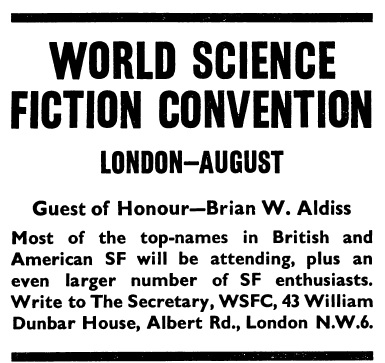
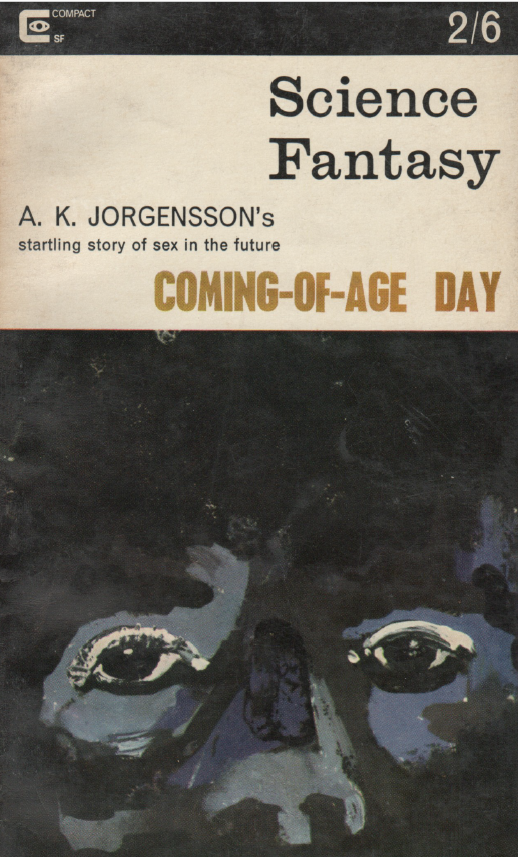
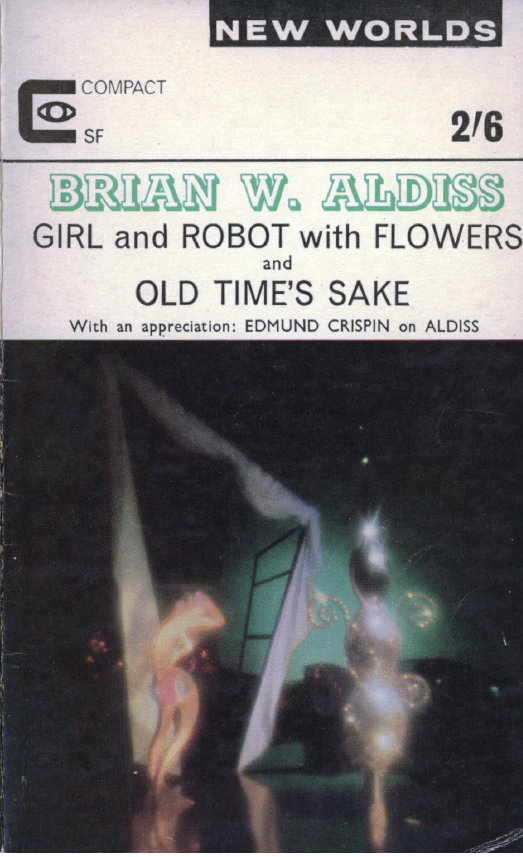
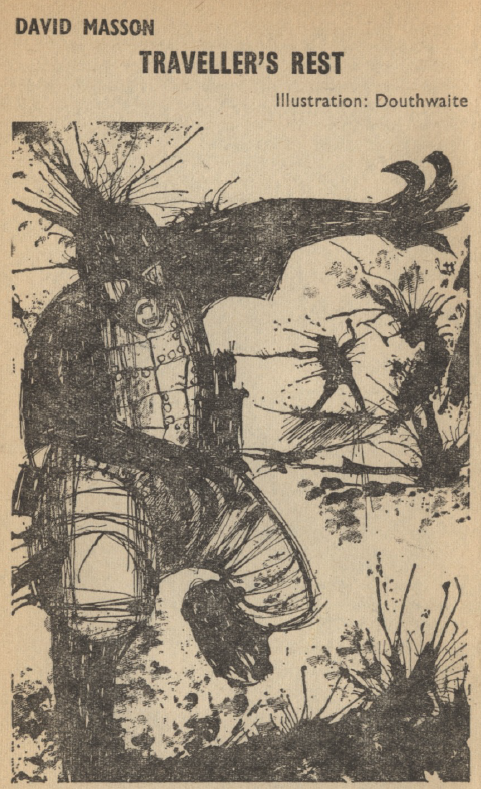 Illustration by Douthwaite
Illustration by Douthwaite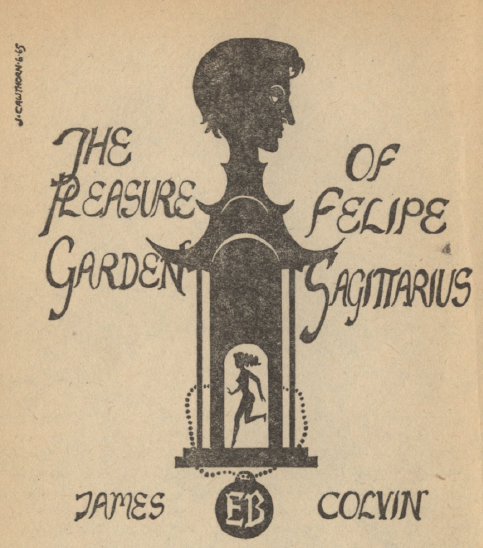 Illustration by James Cawthorn
Illustration by James Cawthorn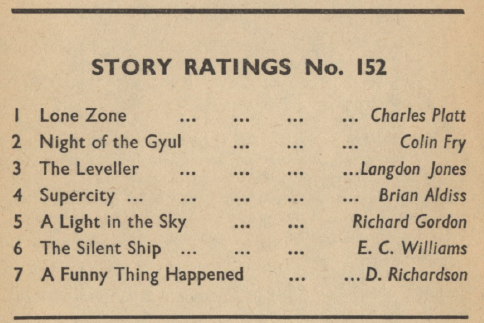


![[August 20, 1965] Look both ways (September 1965 <i>Fantasy and Science Fiction</i>)](https://galacticjourney.org/wp-content/uploads/2020/08/650820cover-672x372.jpg)




![[August 16, 1965] New Writings in S-F 5](https://galacticjourney.org/wp-content/uploads/2020/08/New-Writings-in-SF5.jpg)
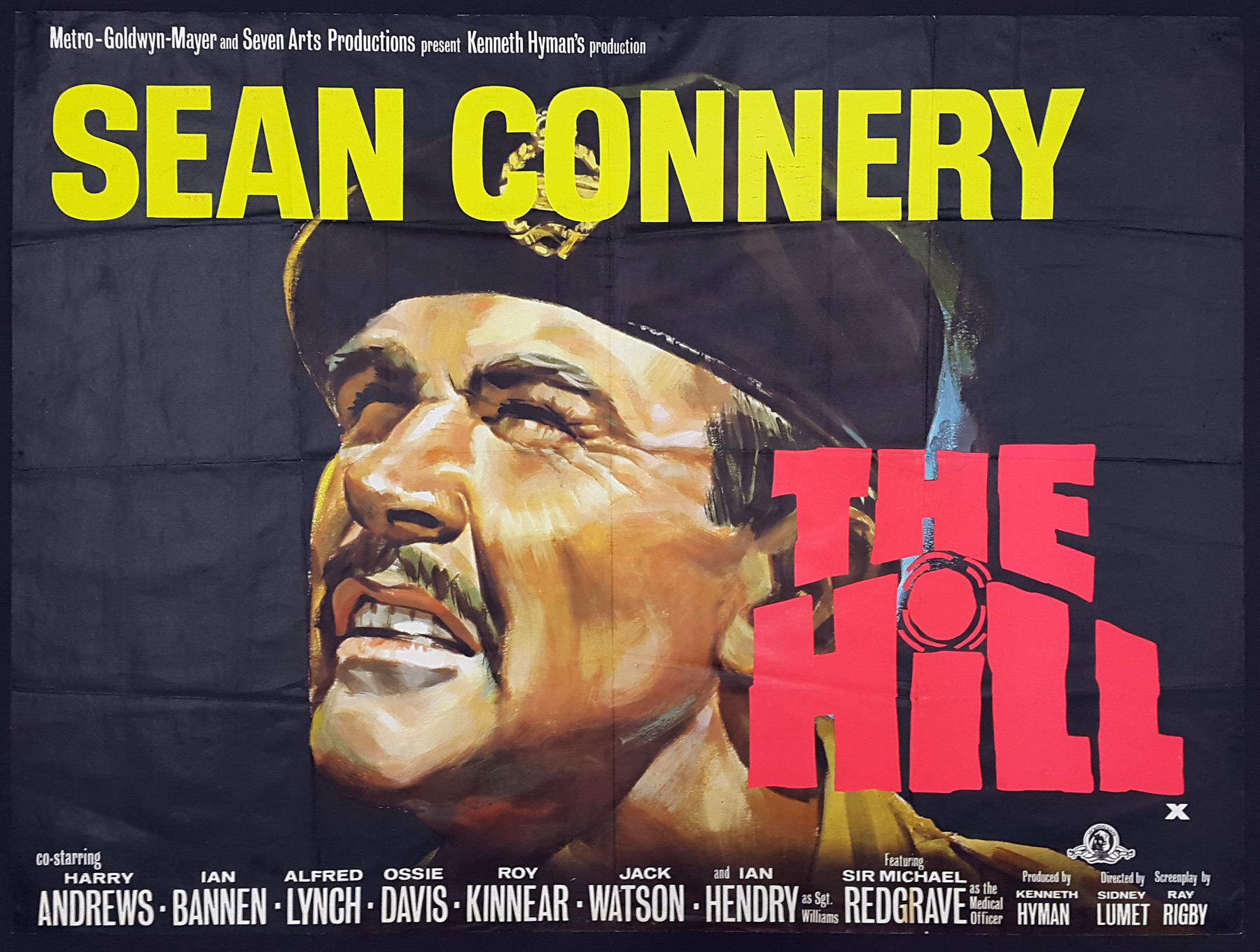

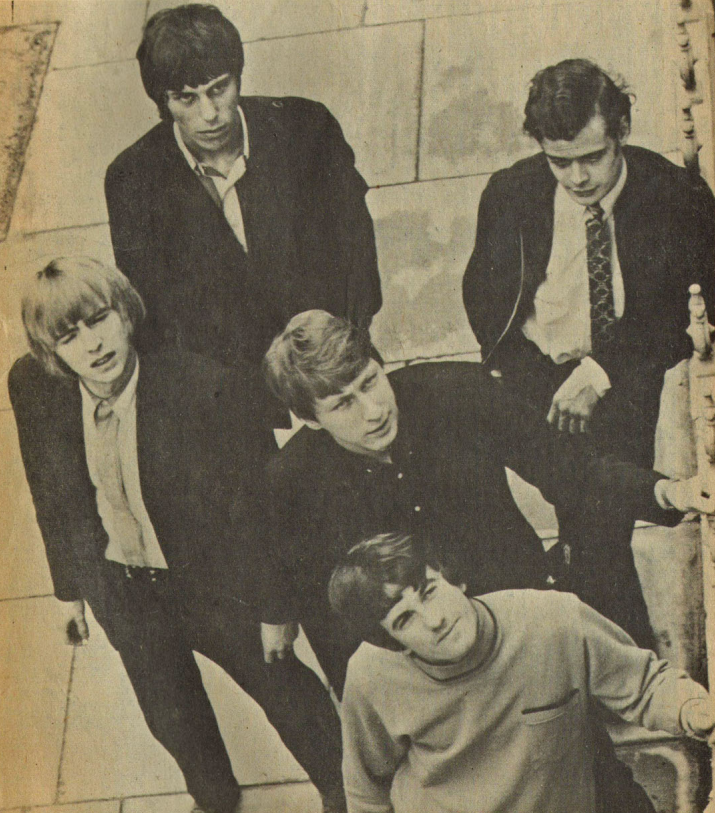



![[August 14, 1965]: A Killer Thriller Double-Feature: <i>Again the Ringer</i> and <i>The Face of Fu Manchu</i>](https://galacticjourney.org/wp-content/uploads/2020/08/MV5BOGM3MTE1MTktYzJlZS00MTkwLTlhMWQtNWU4NzYwZWE5Mzk5L2ltYWdlL2ltYWdlXkEyXkFqcGdeQXVyMjI4MjA5MzA@._V1_-578x372.jpg)



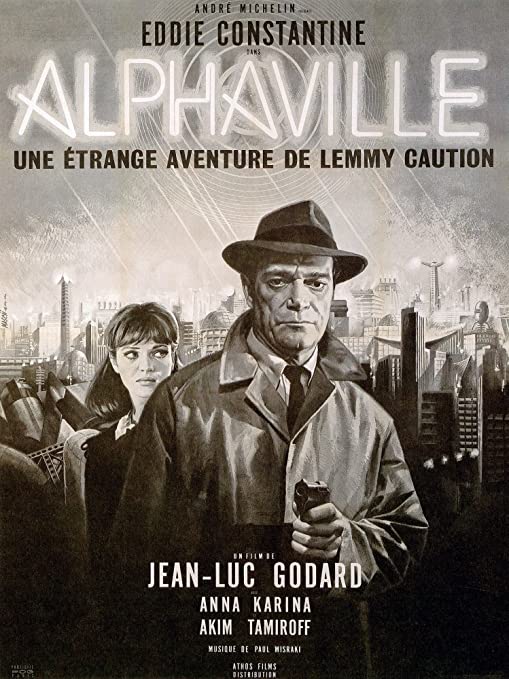
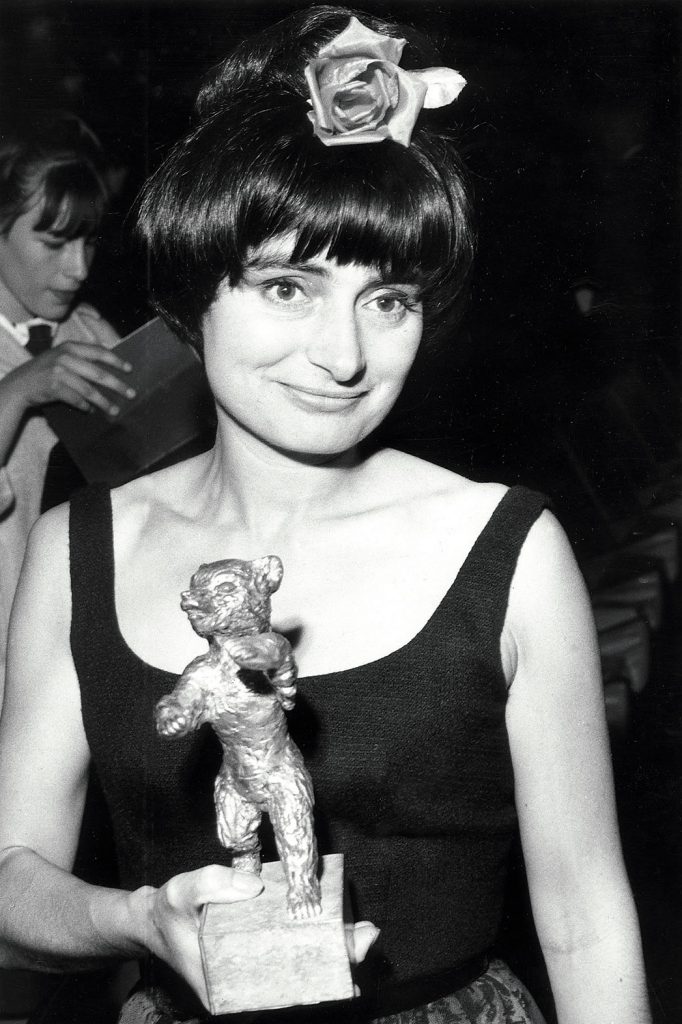
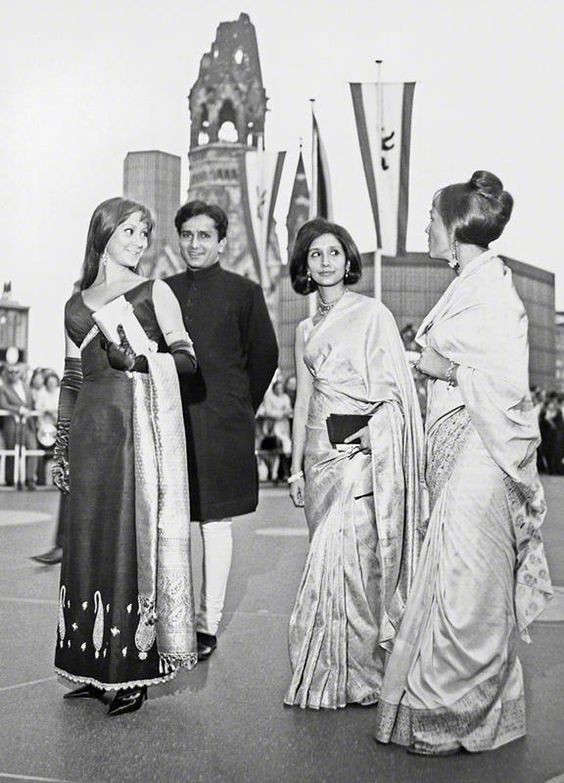
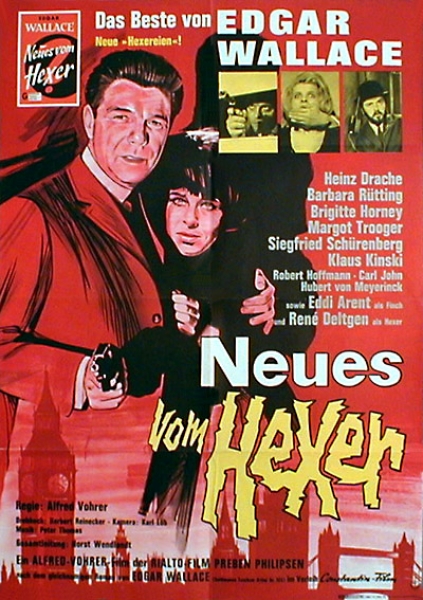
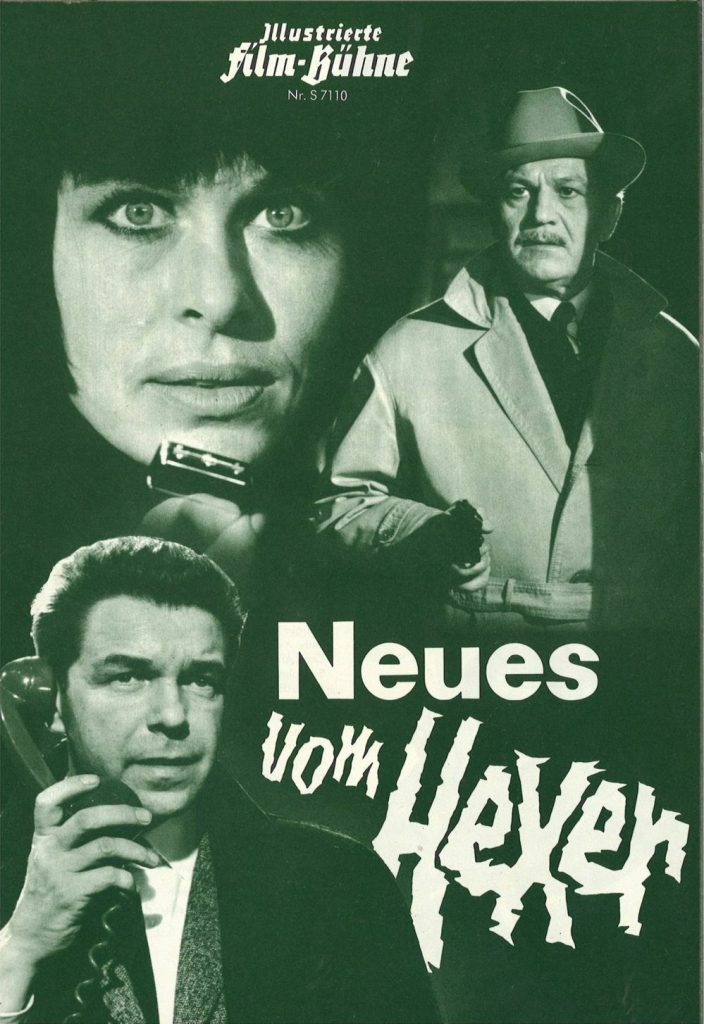
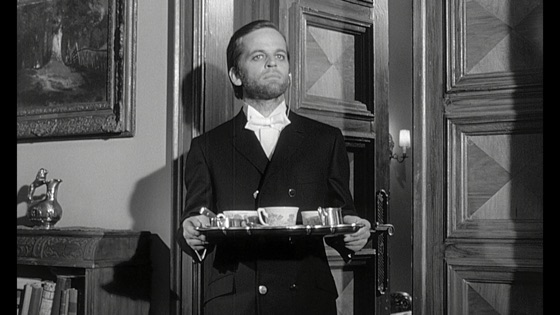
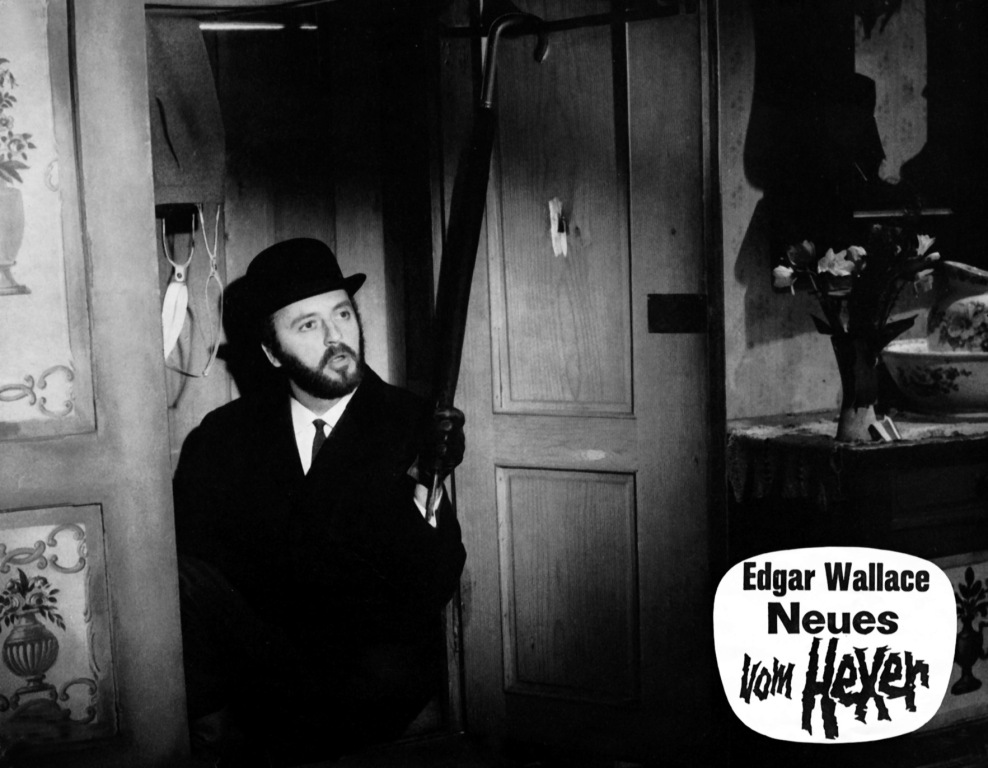
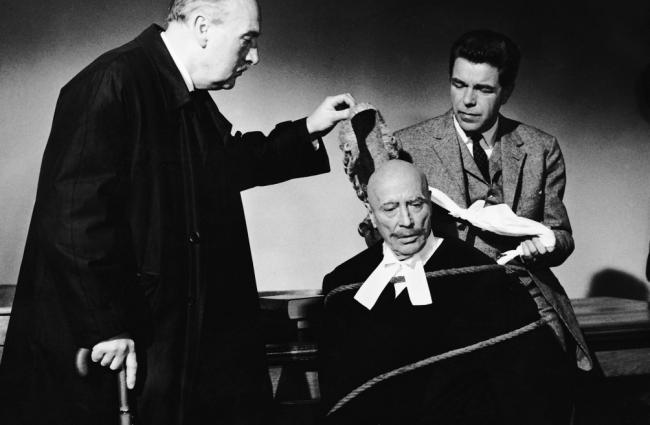
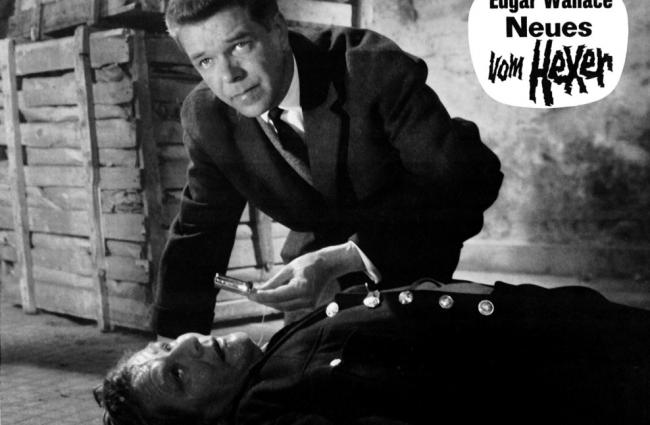
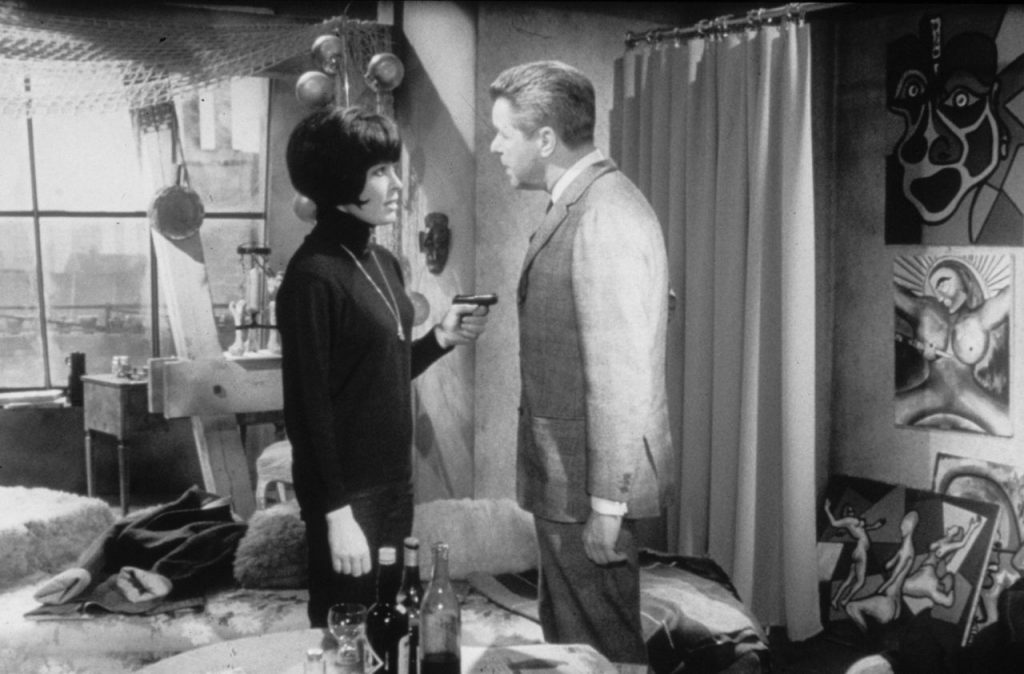
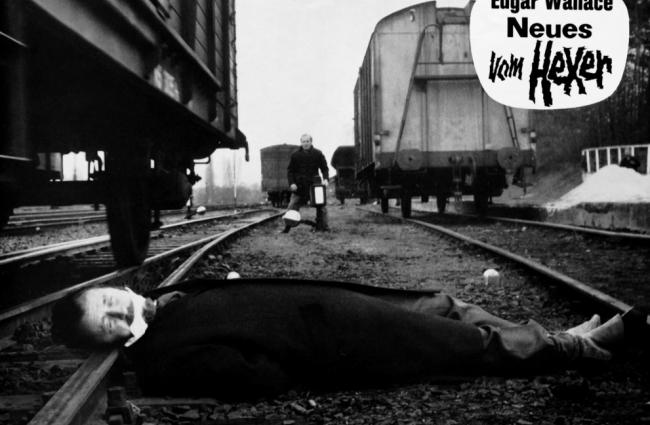
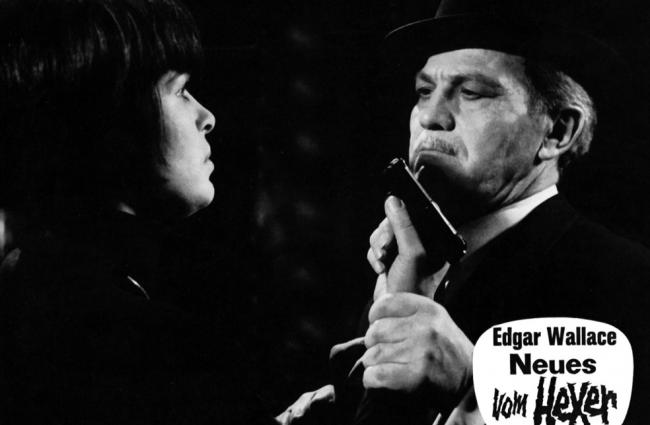
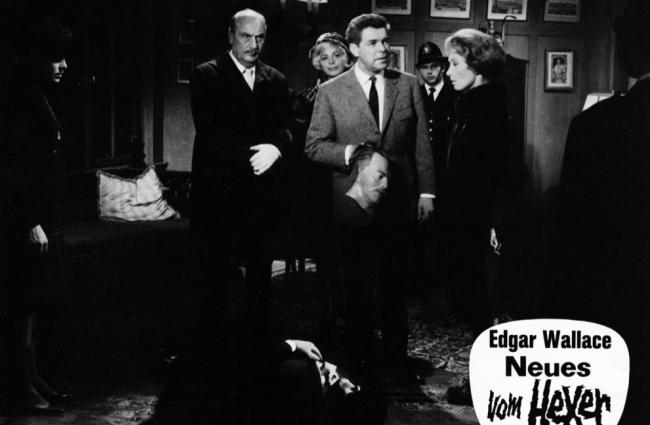

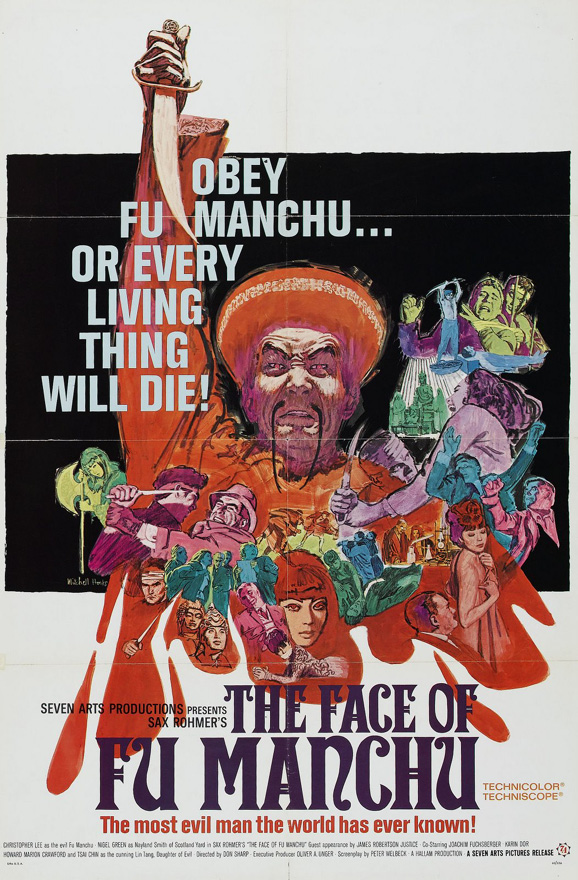
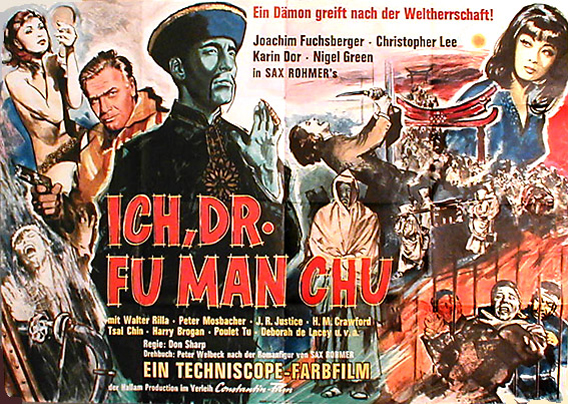
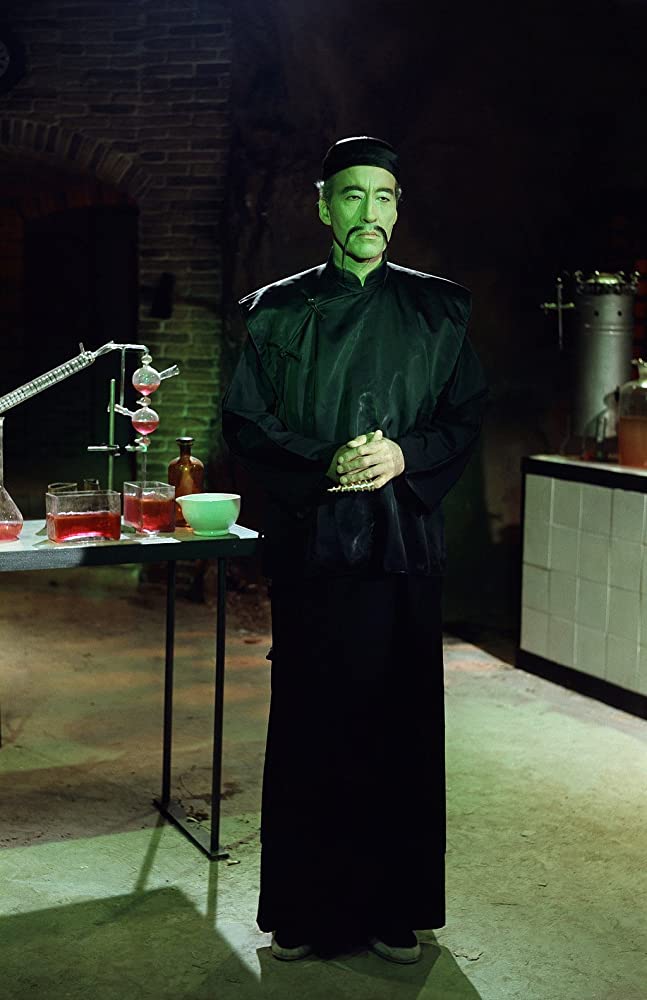
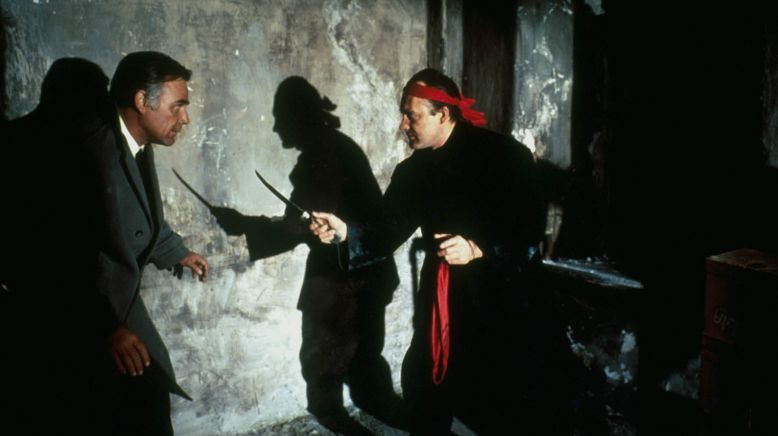
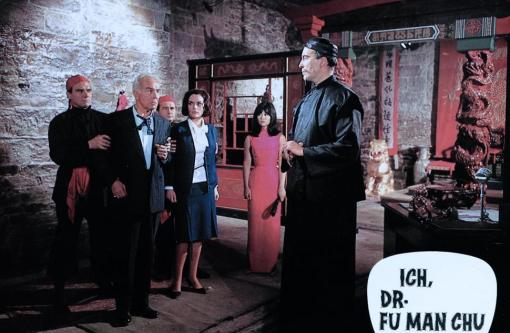
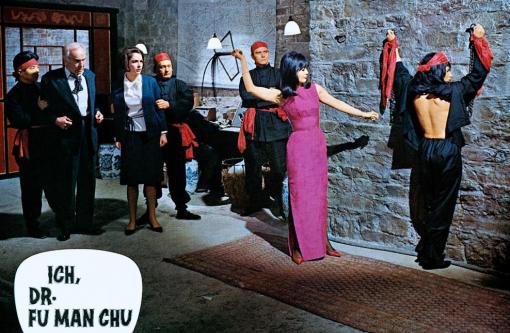
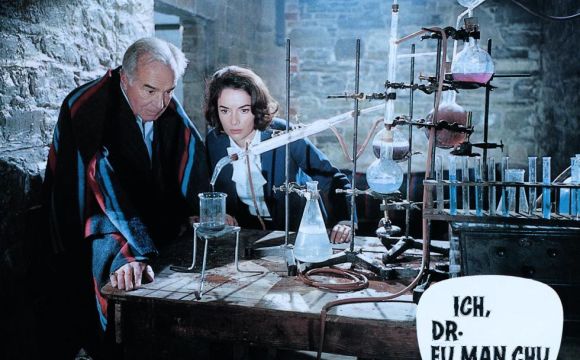
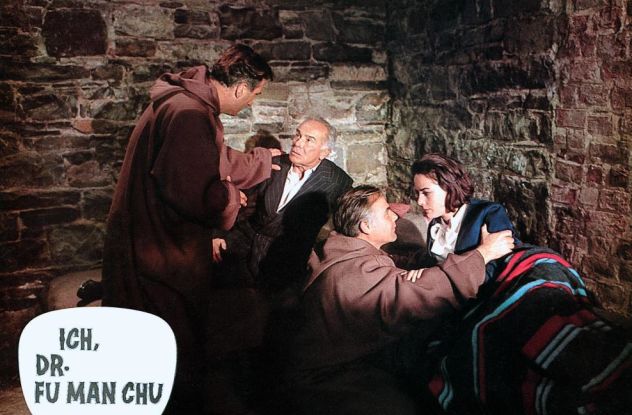
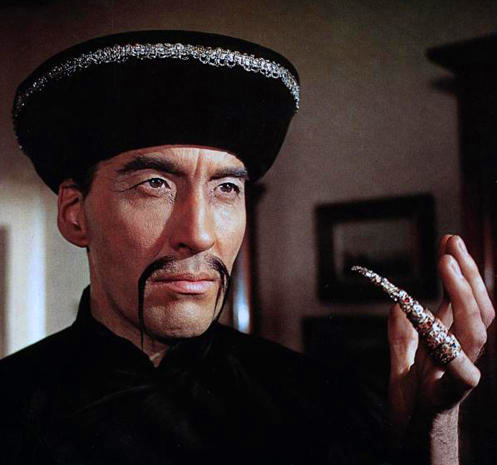
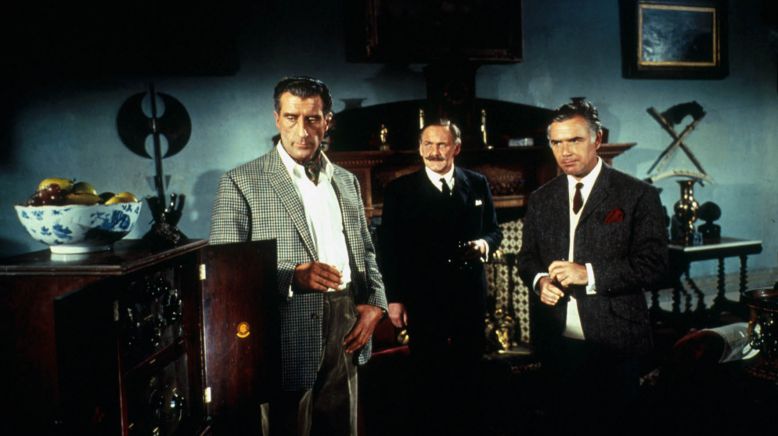

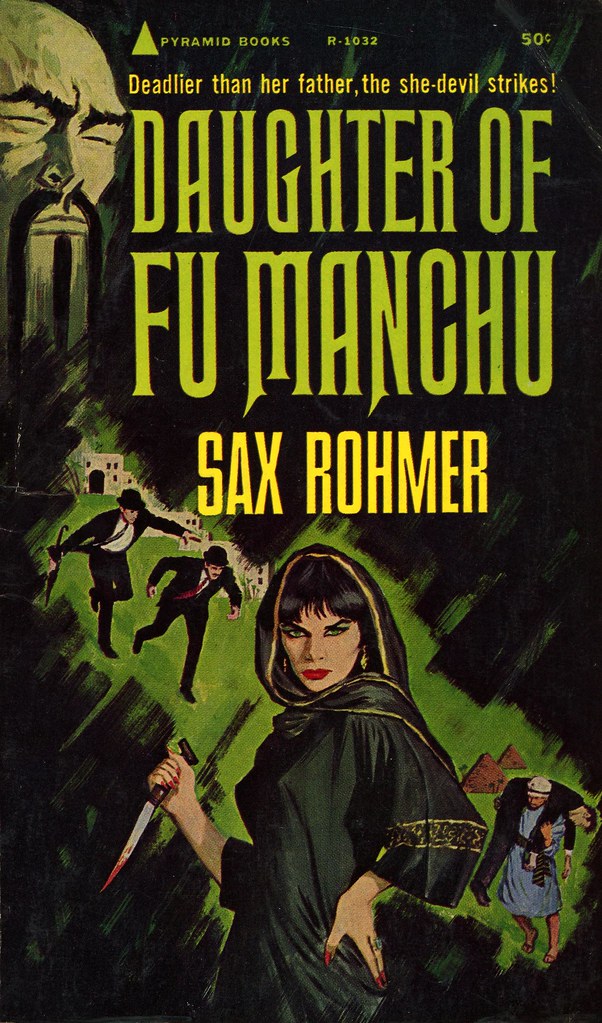
![[August 10, 1965] Binary Arithmetic (September 1965 <i>Fantastic</i>)](https://galacticjourney.org/wp-content/uploads/2020/07/Fantastic_v15n01_1965-09_0000-2-672x372.jpg)


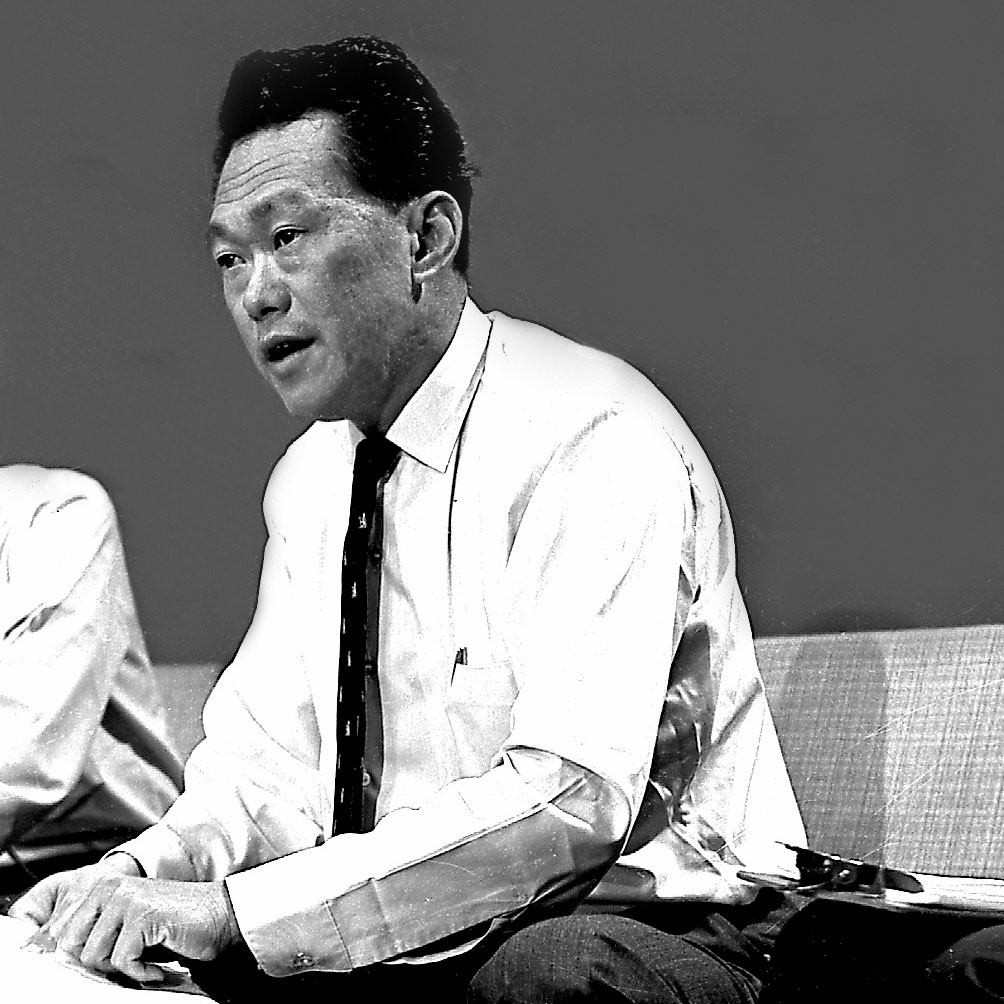
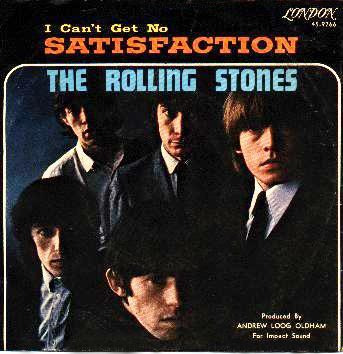
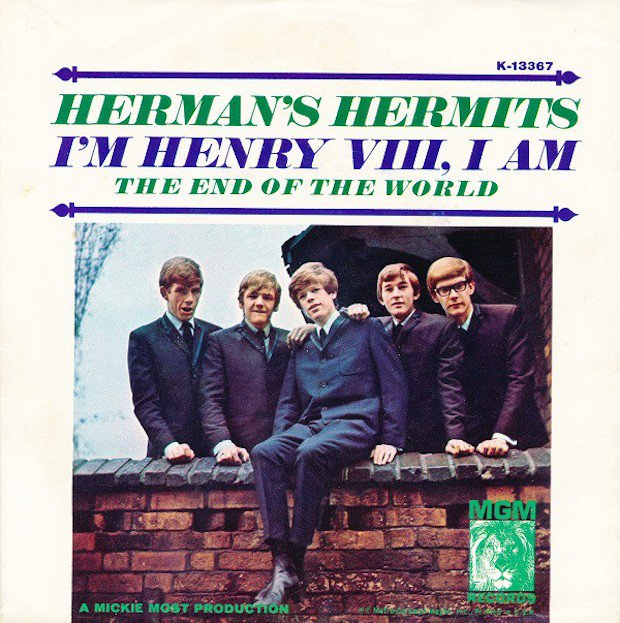
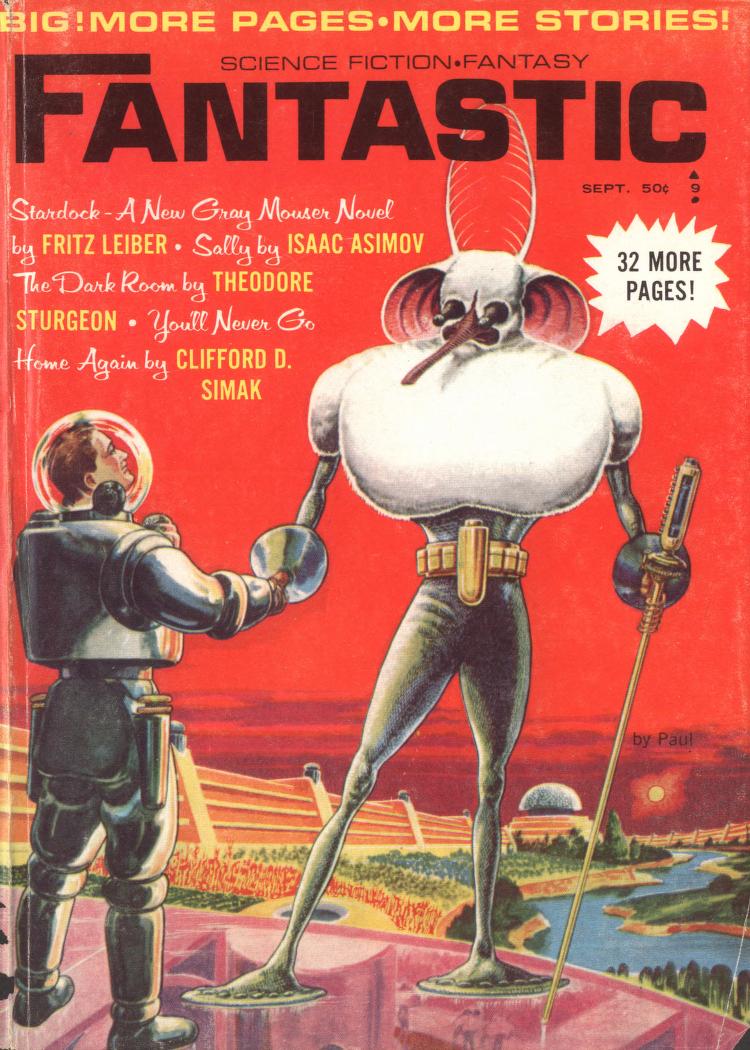
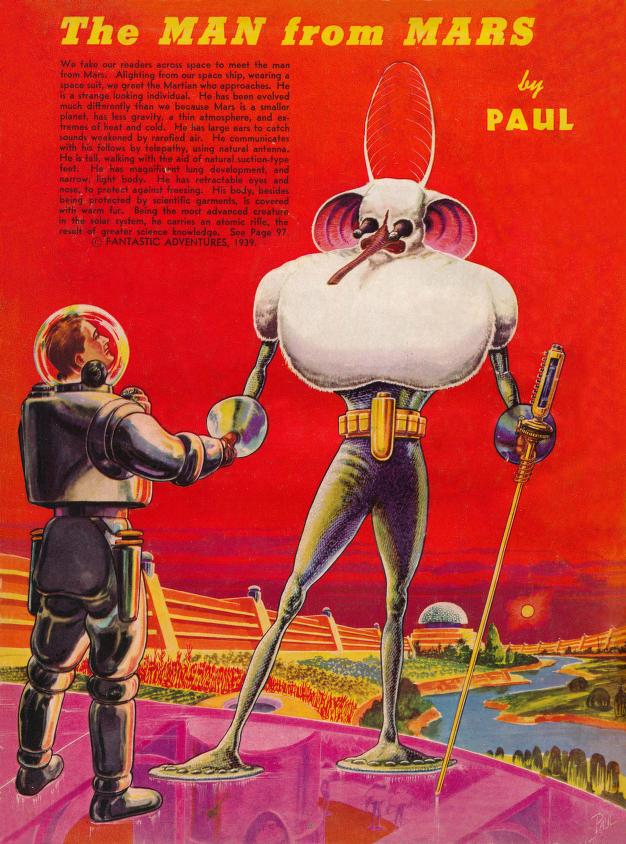
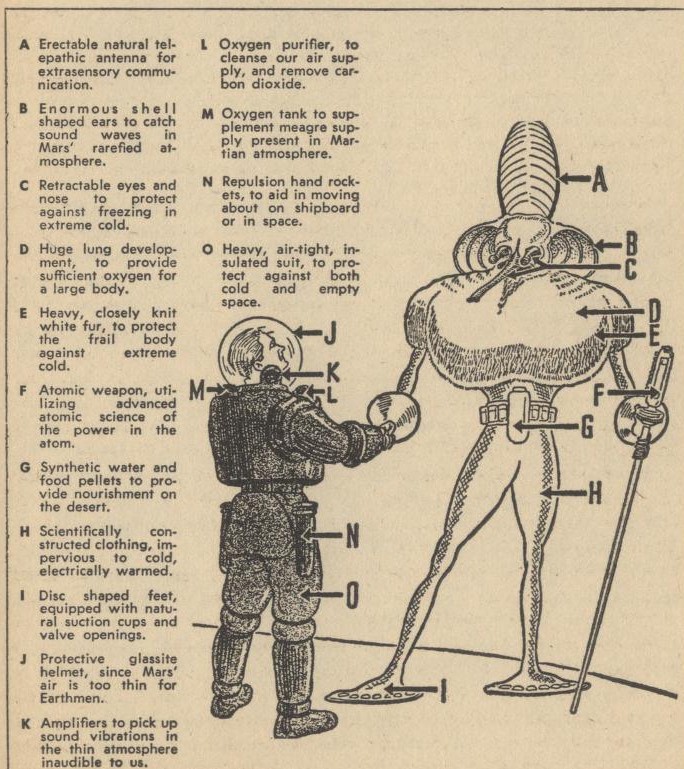
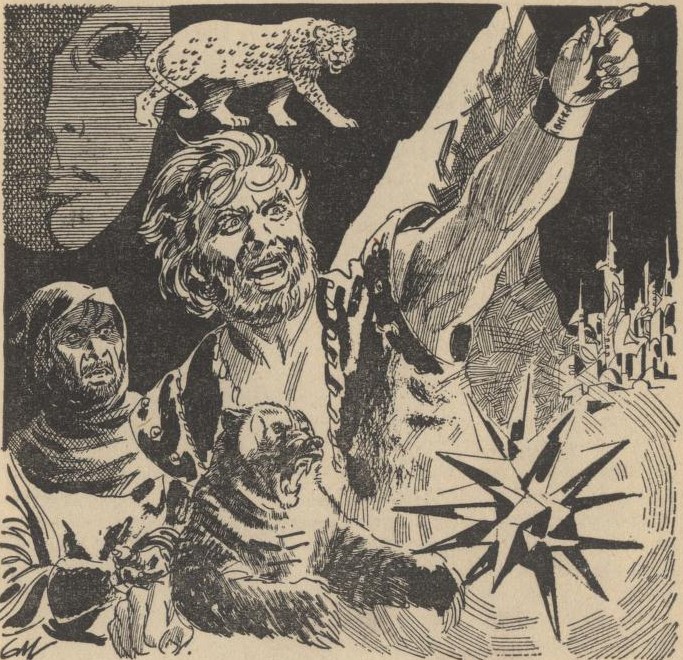
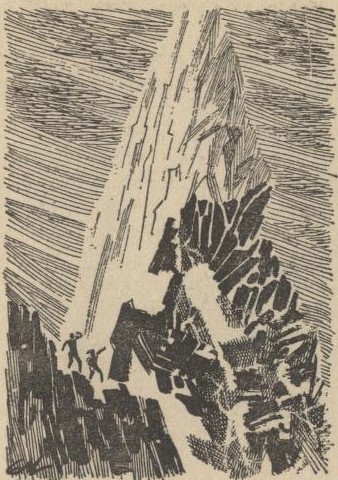
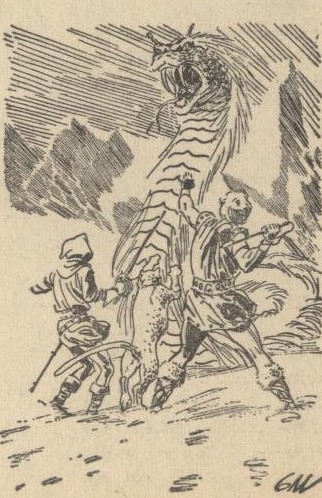
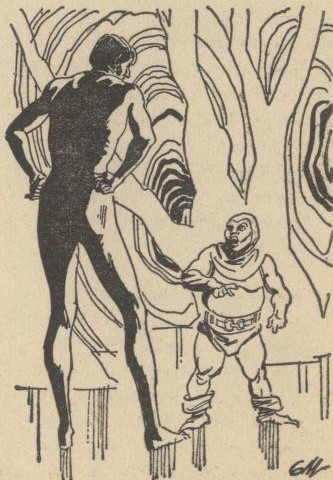

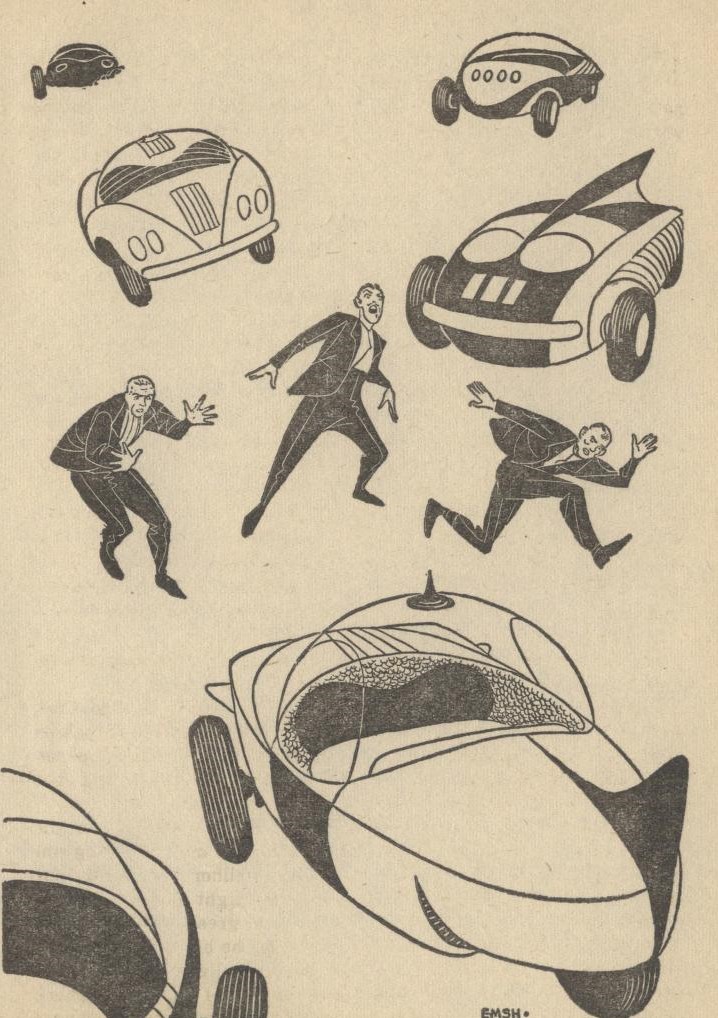

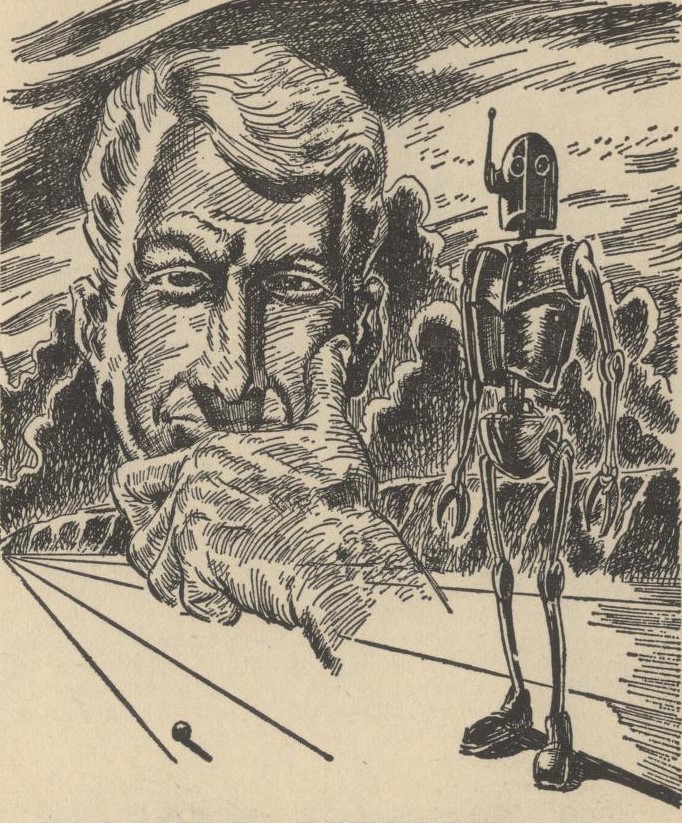
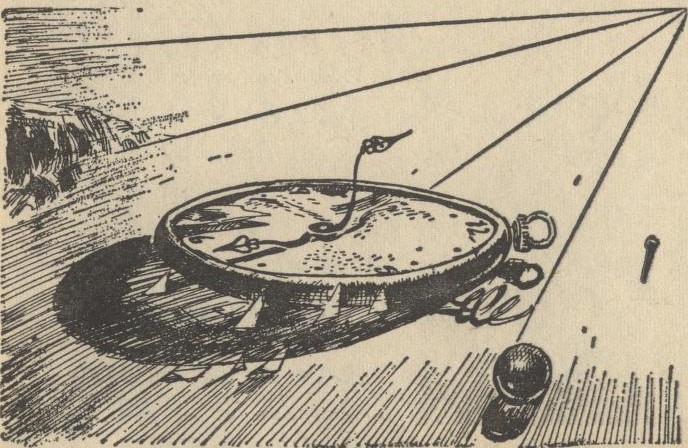
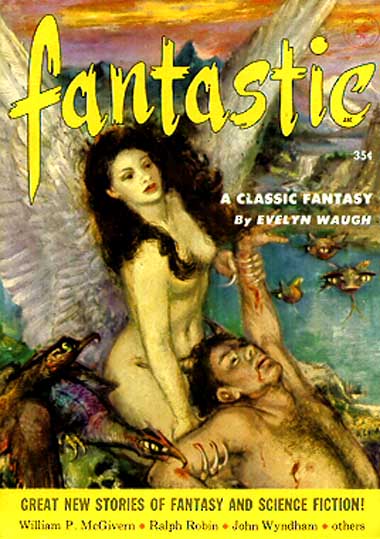
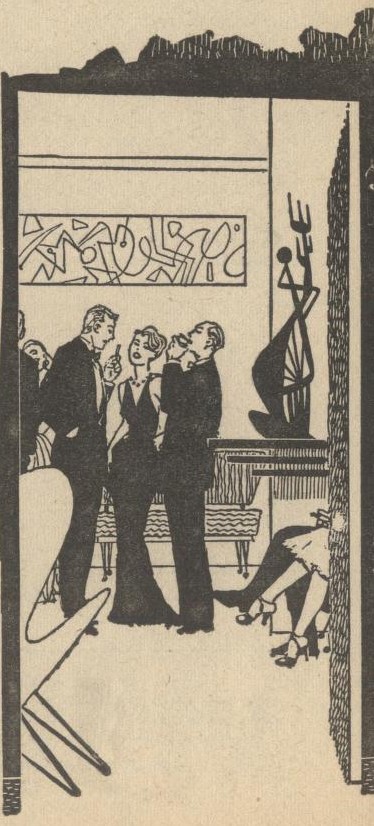
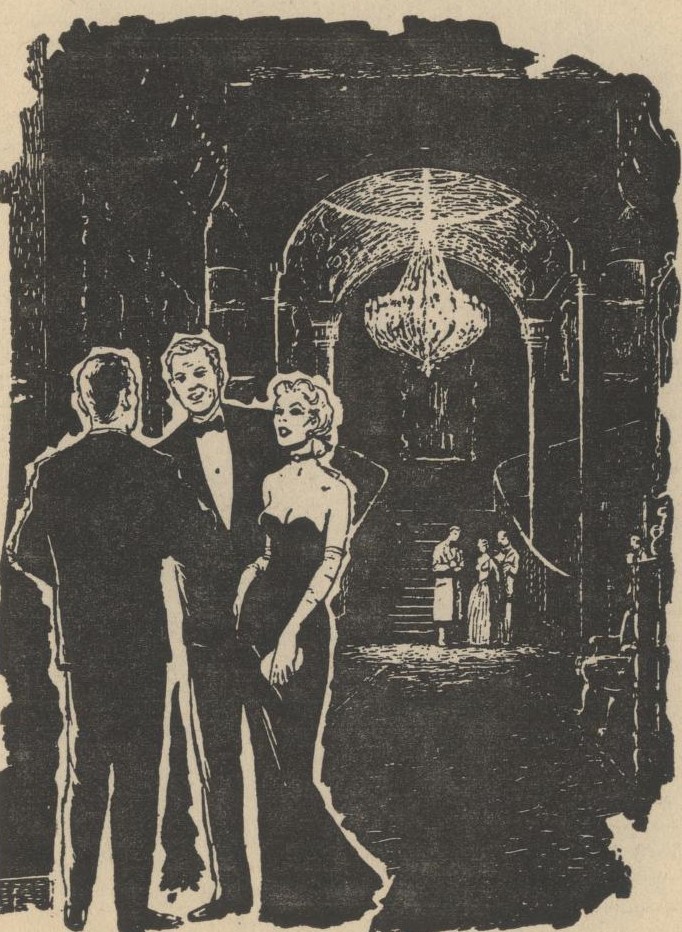
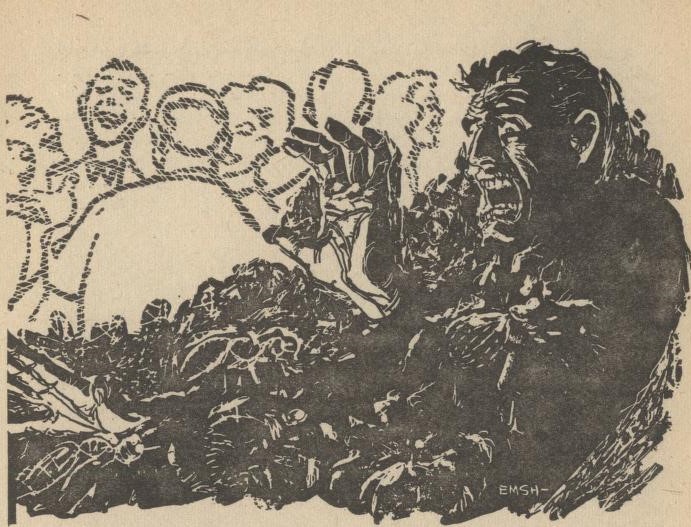
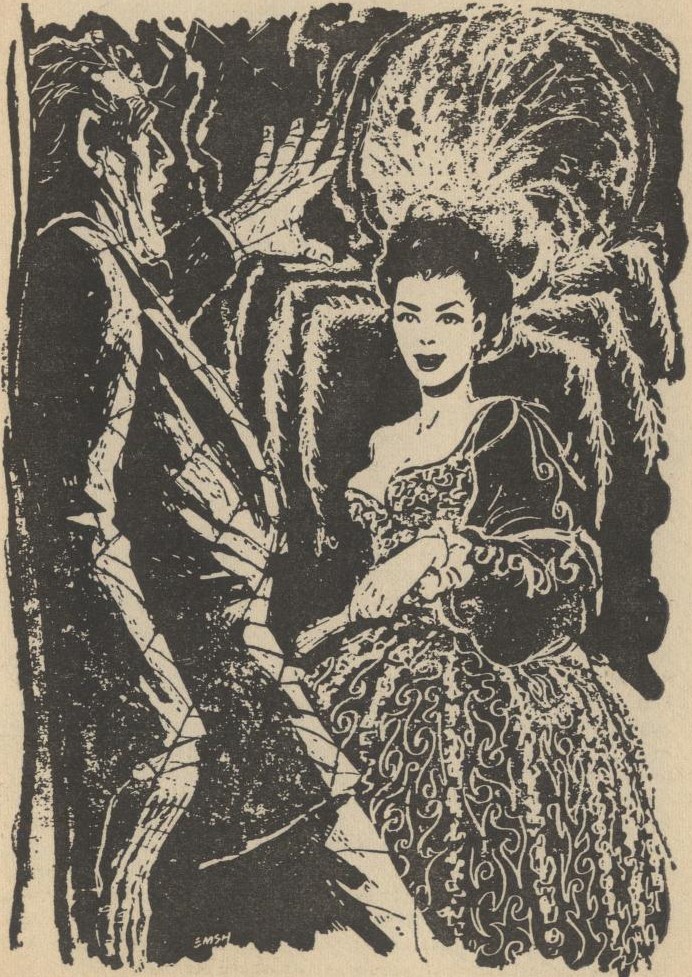
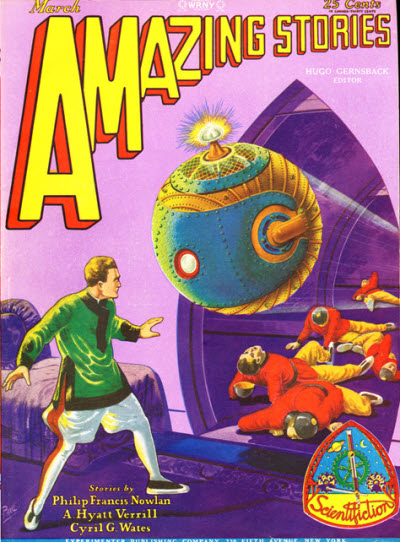
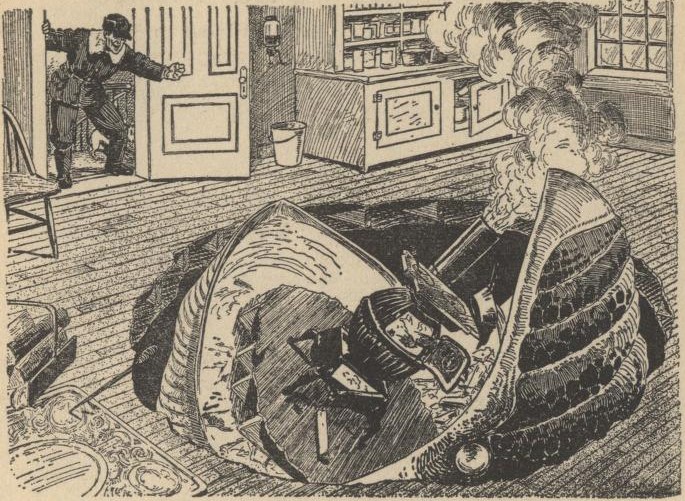

![[August 8, 1965] Navigating the Wasteland #2 (1964-65 in (good) television)](https://galacticjourney.org/wp-content/uploads/2020/08/650808addams2-672x372.jpg)
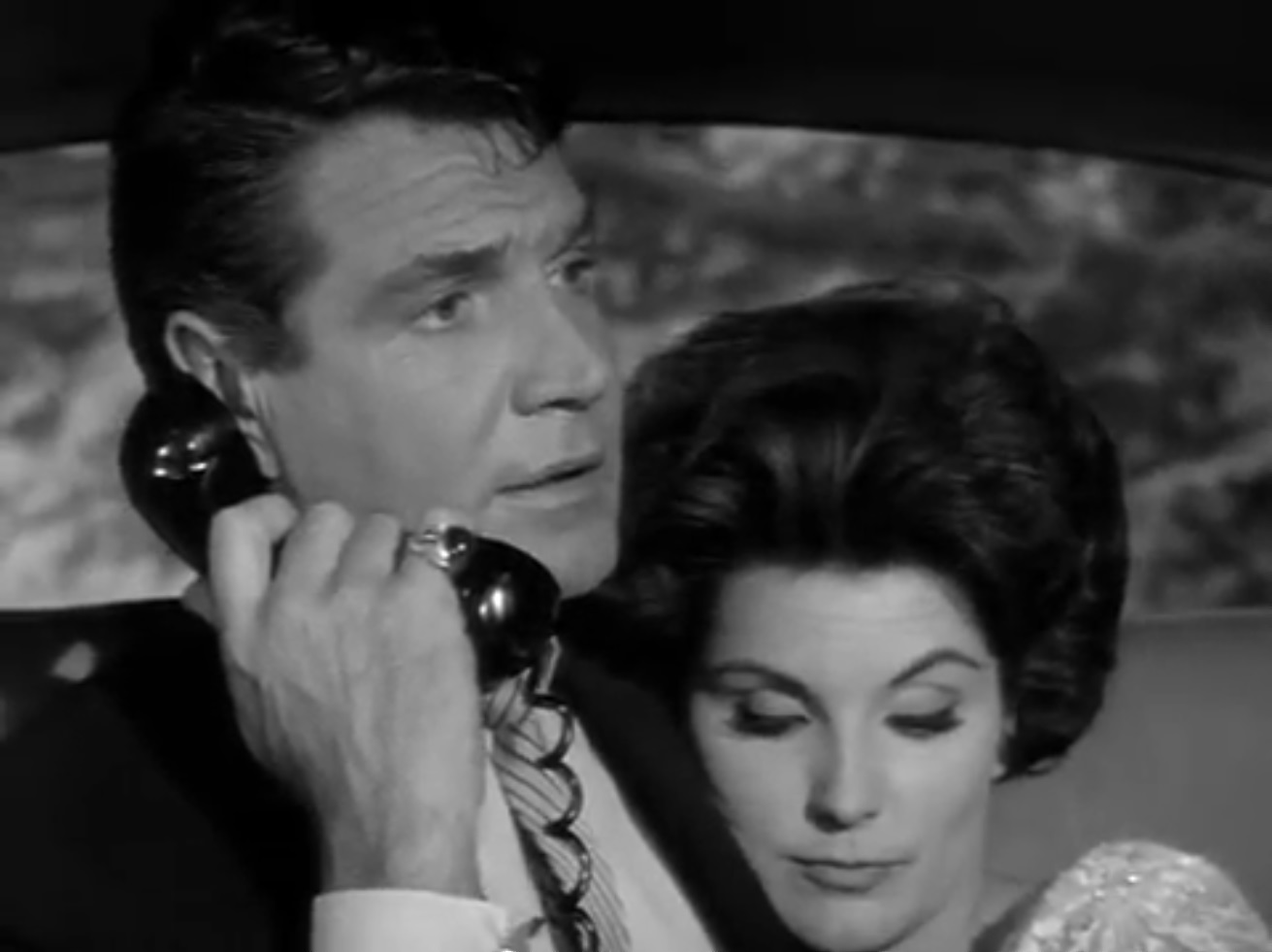

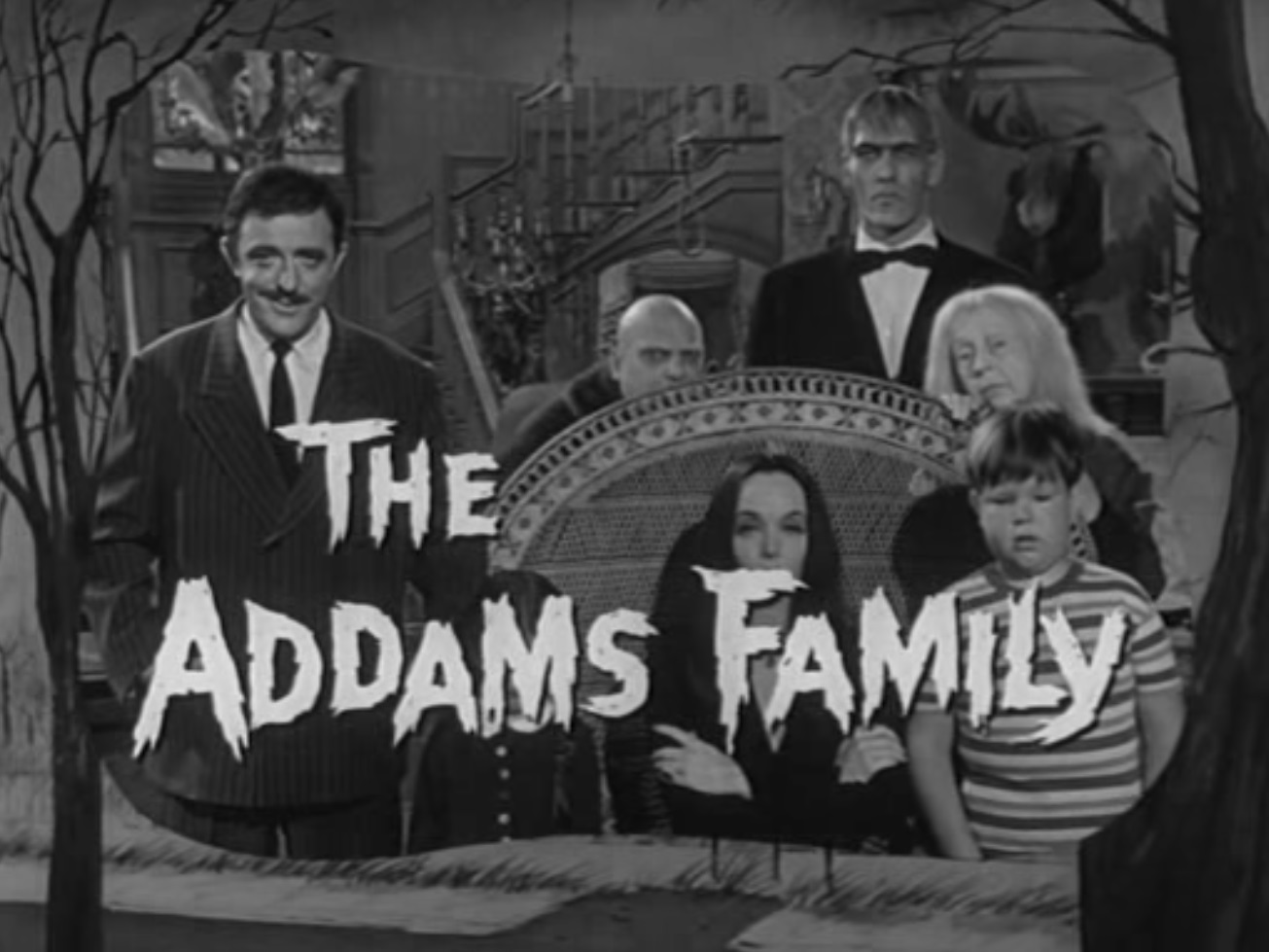
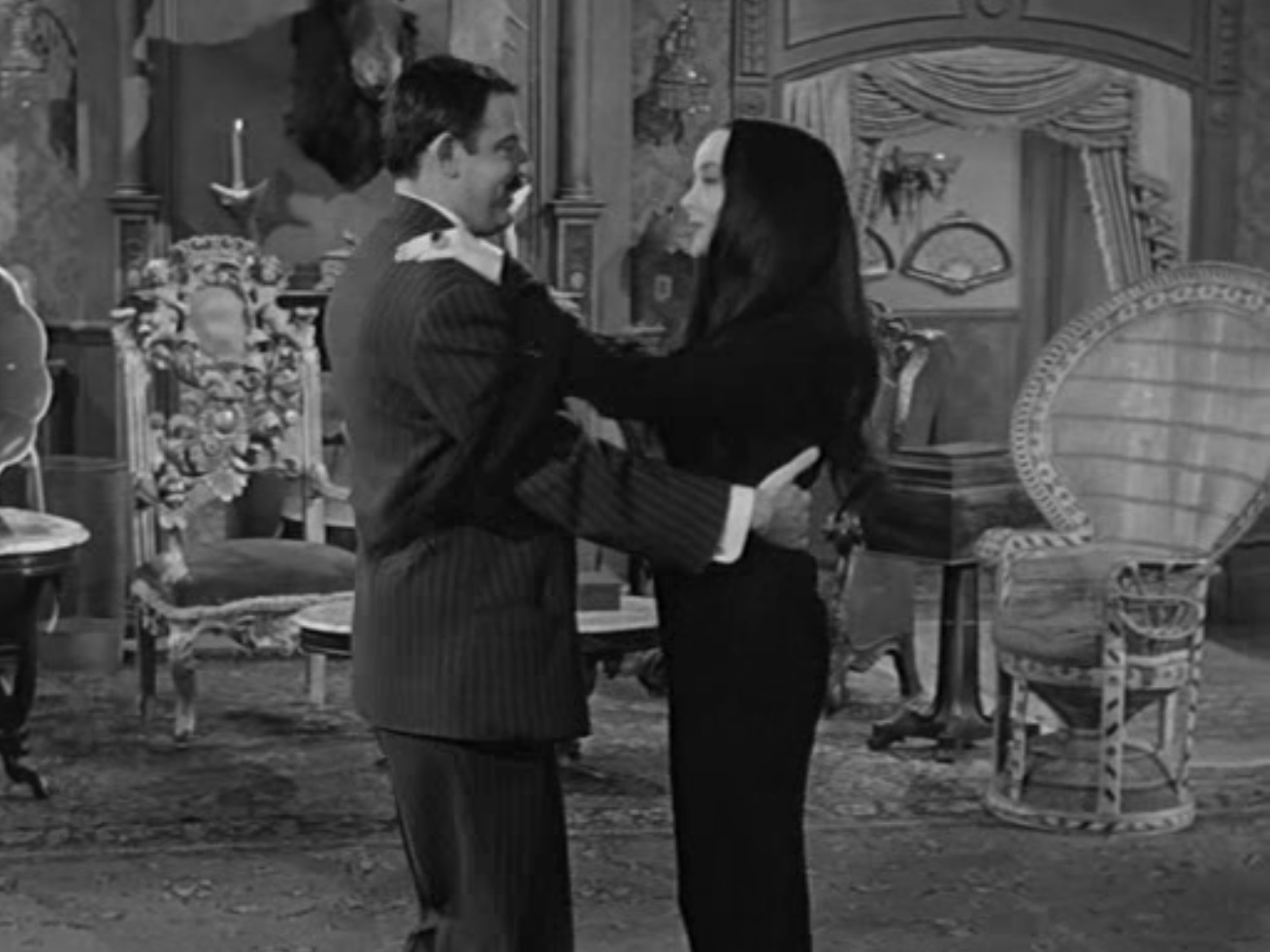
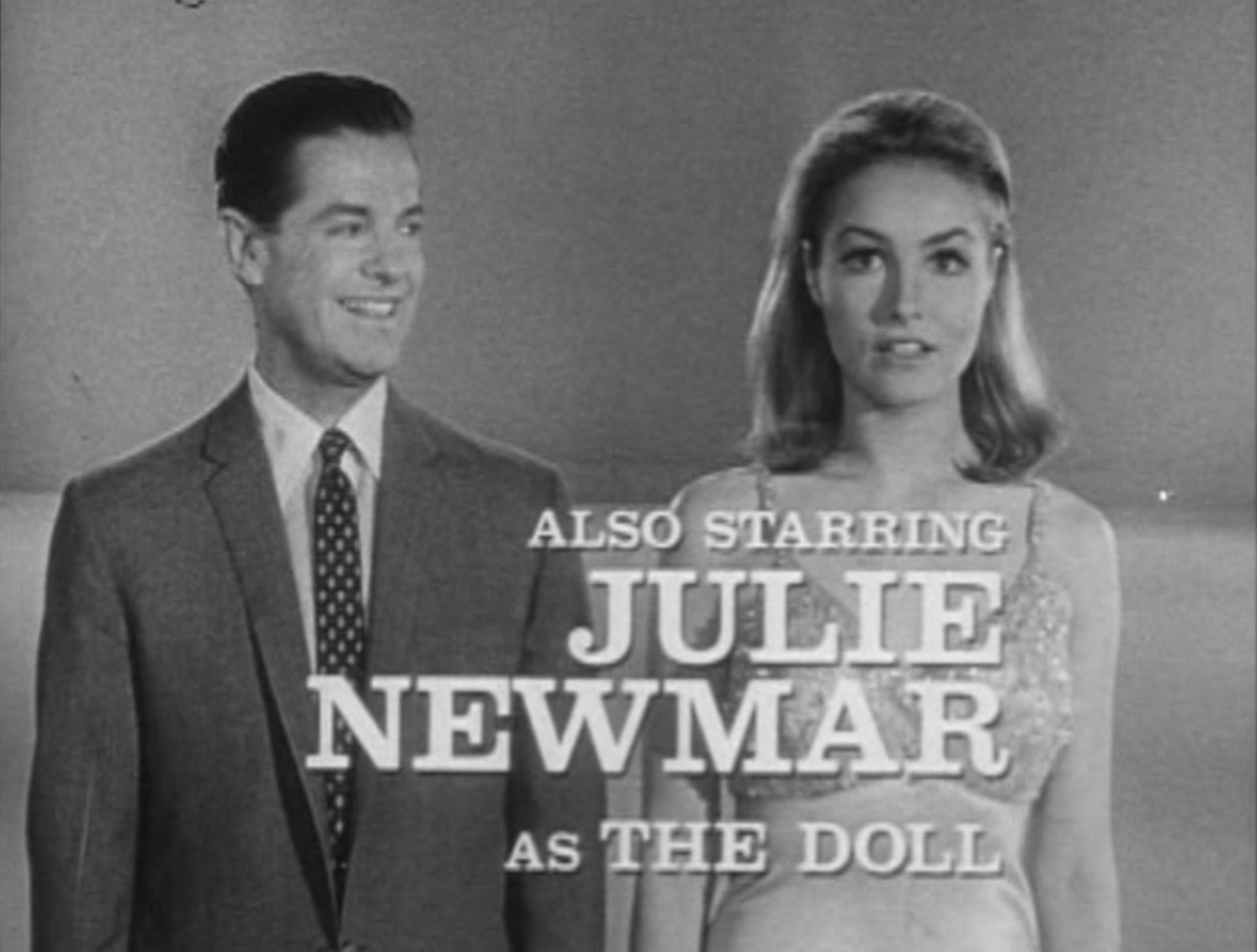


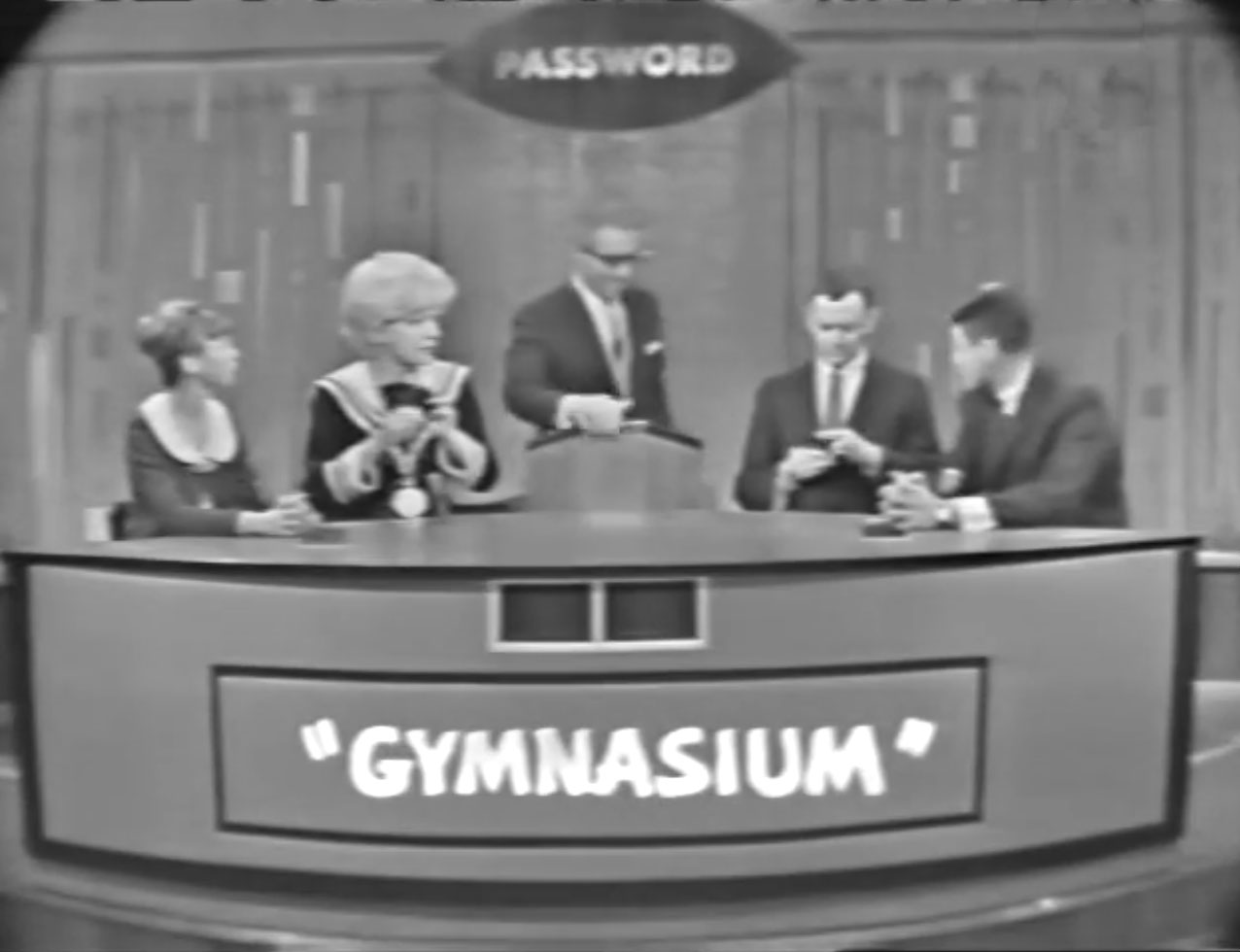
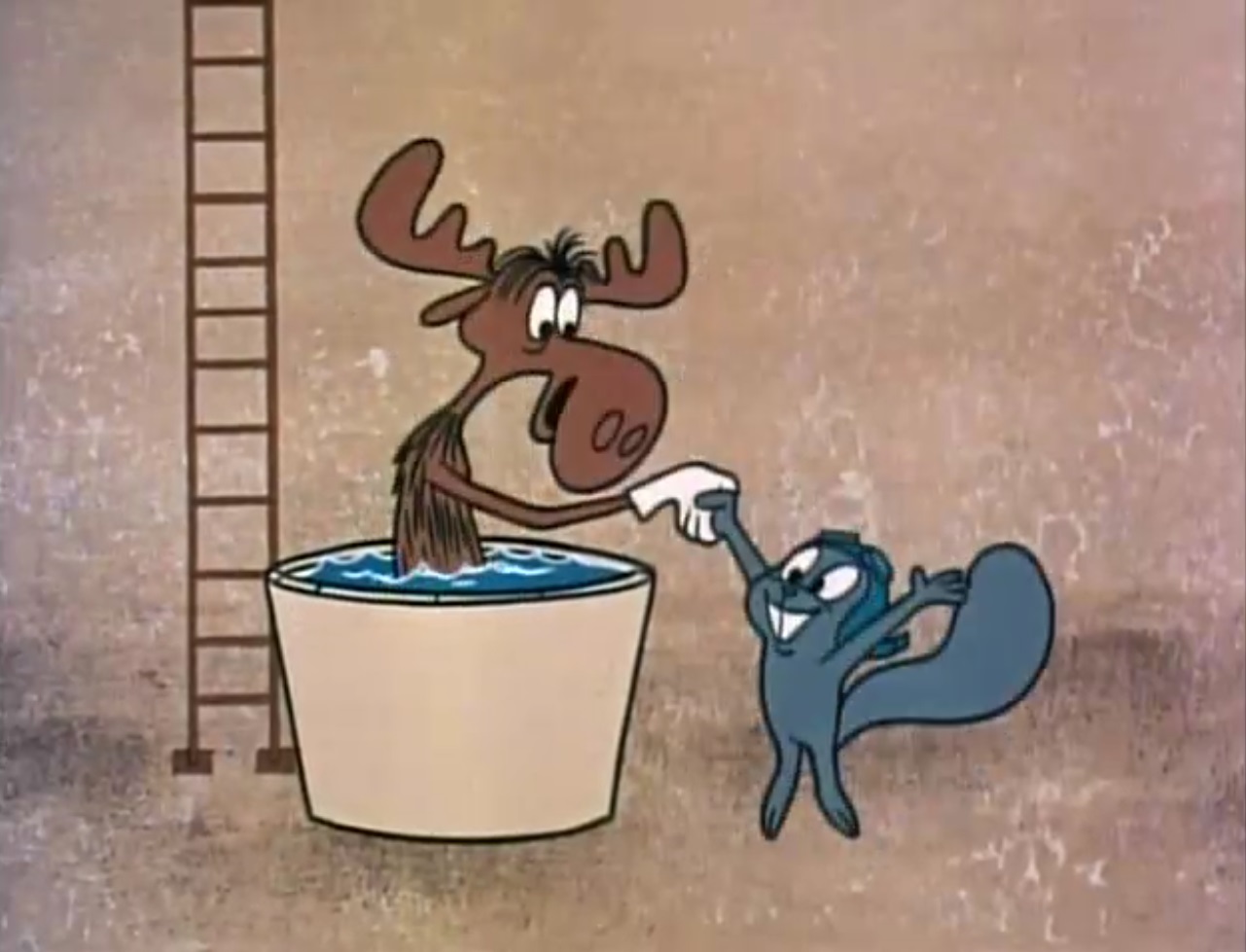


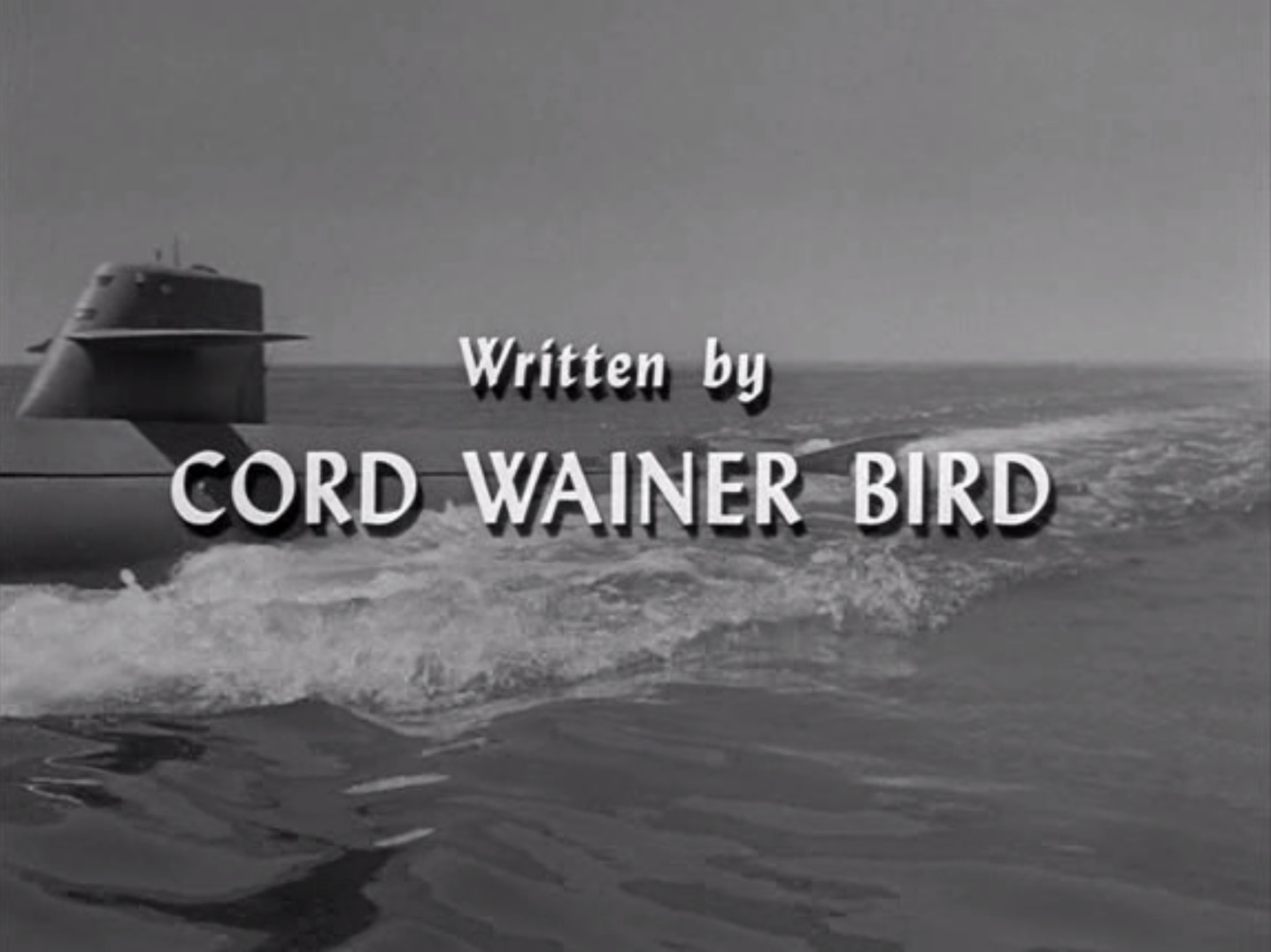
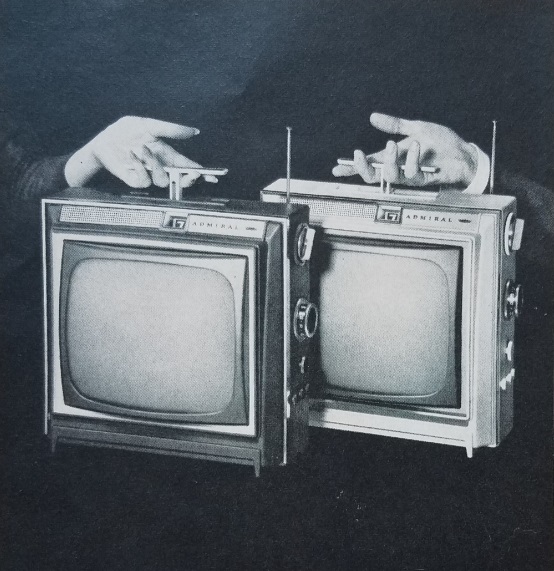
![[August 6, 1965] Last Call for Paratime Passengers (H. Beam Piper's <i>Lord Kalvan of Otherwhen</i>)](https://galacticjourney.org/wp-content/uploads/2020/08/LordKalvanOfOtherwhen-244x372.jpg)

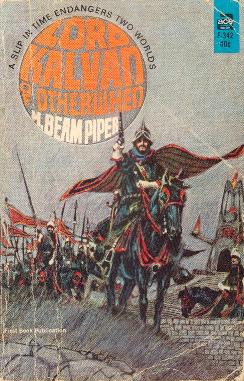

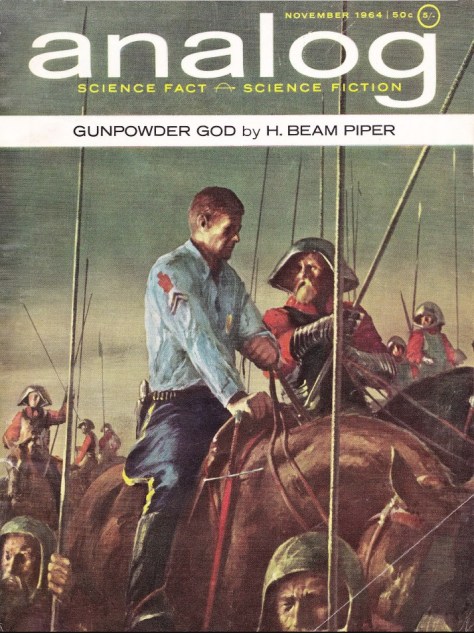

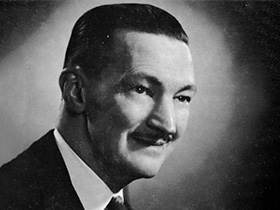
![[August 2, 1965] Expansion and Contraction (September 1965 <i>IF</i>)](https://galacticjourney.org/wp-content/uploads/2020/07/IF-1965-09-Cover-654x372.jpg)






![[July 31, 1965] A spoonful of sugar (August 1965 <i>Analog</i>)](https://galacticjourney.org/wp-content/uploads/2020/07/650730cover-672x372.jpg)










